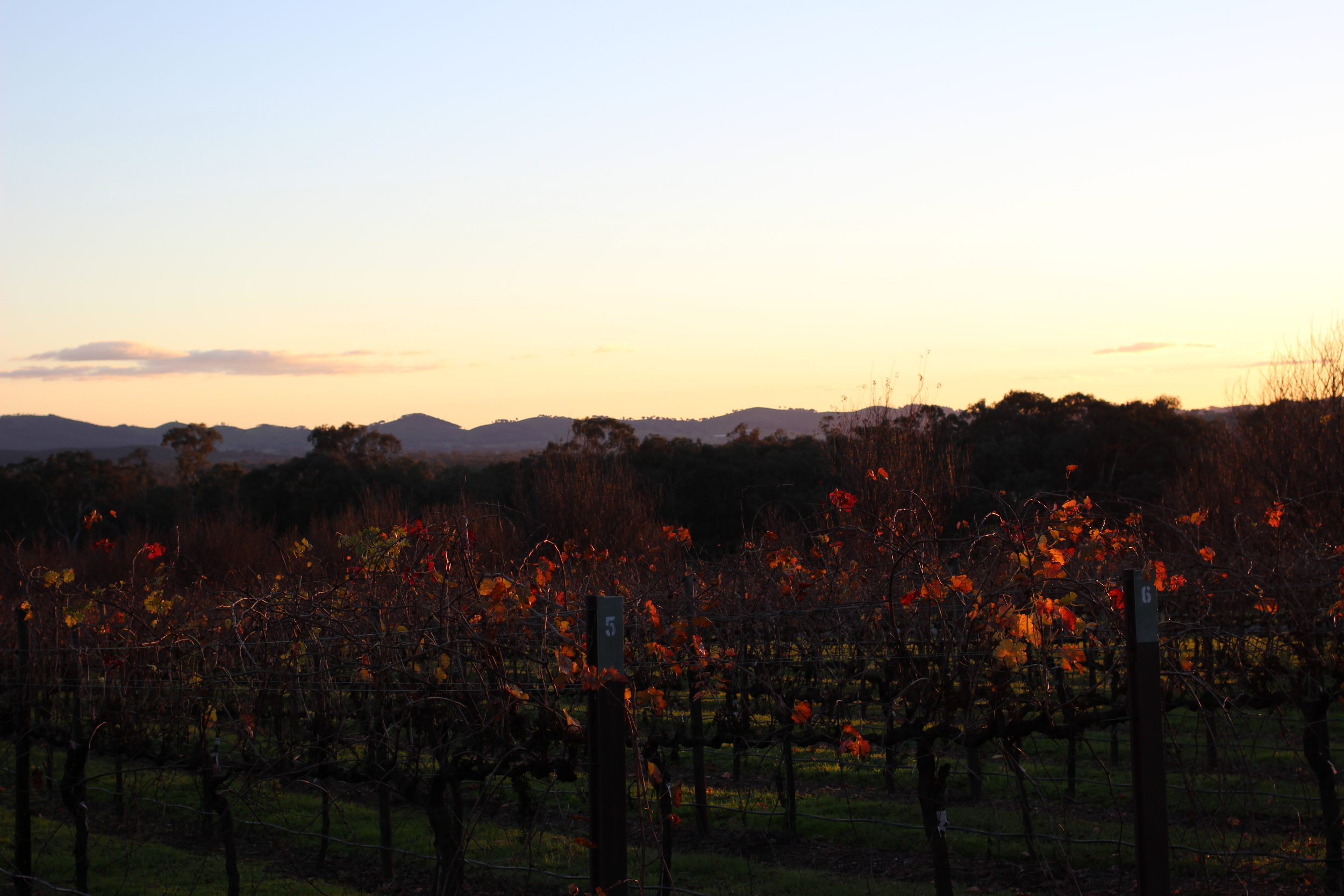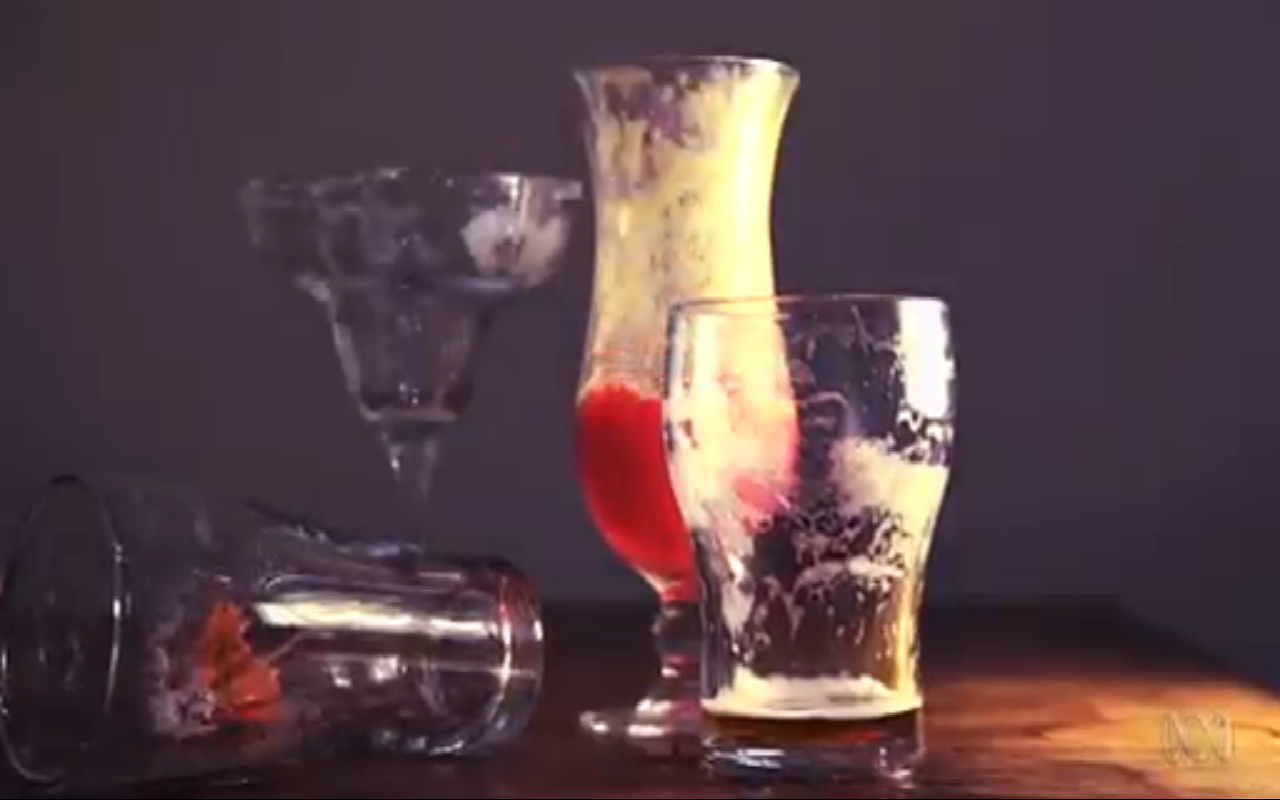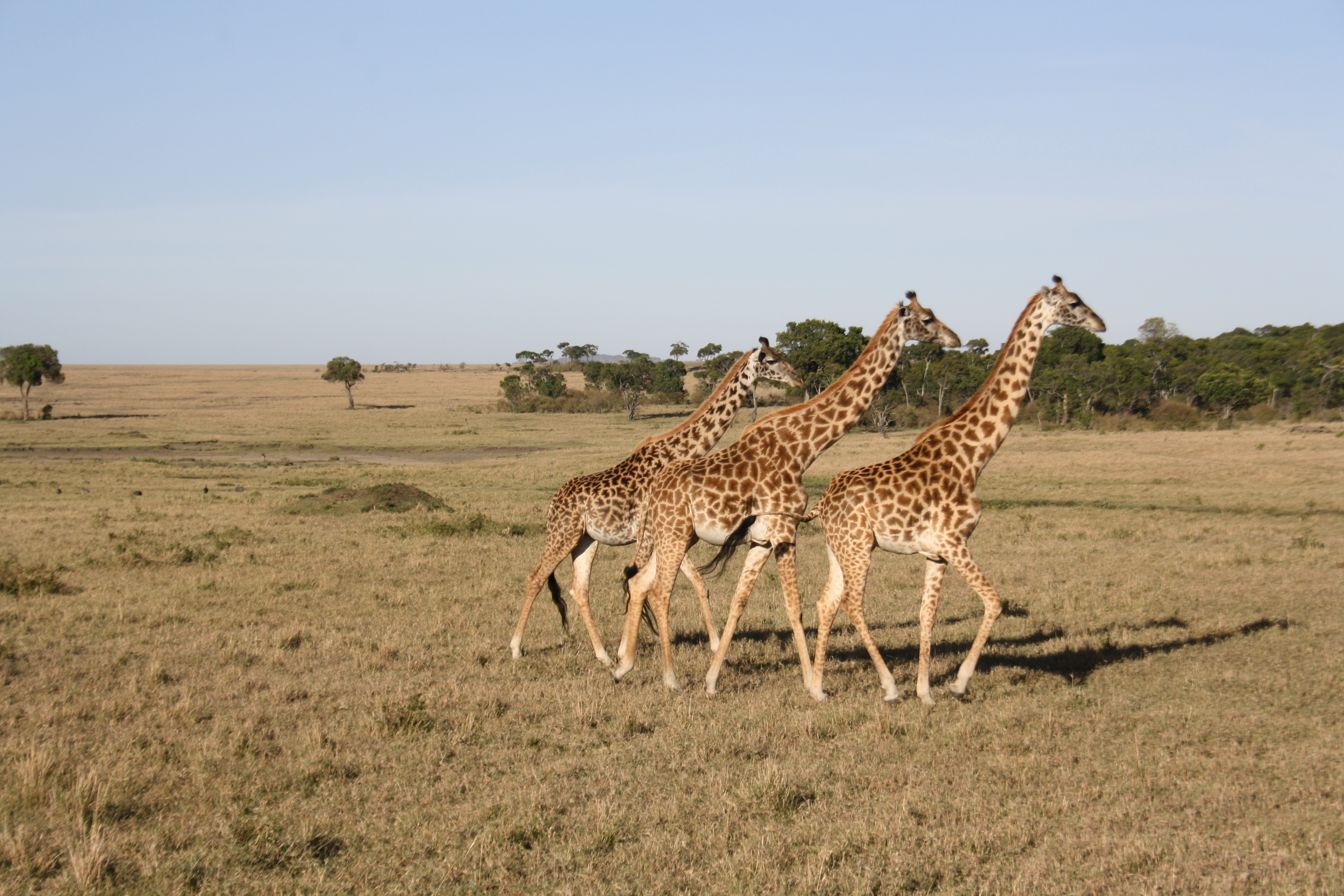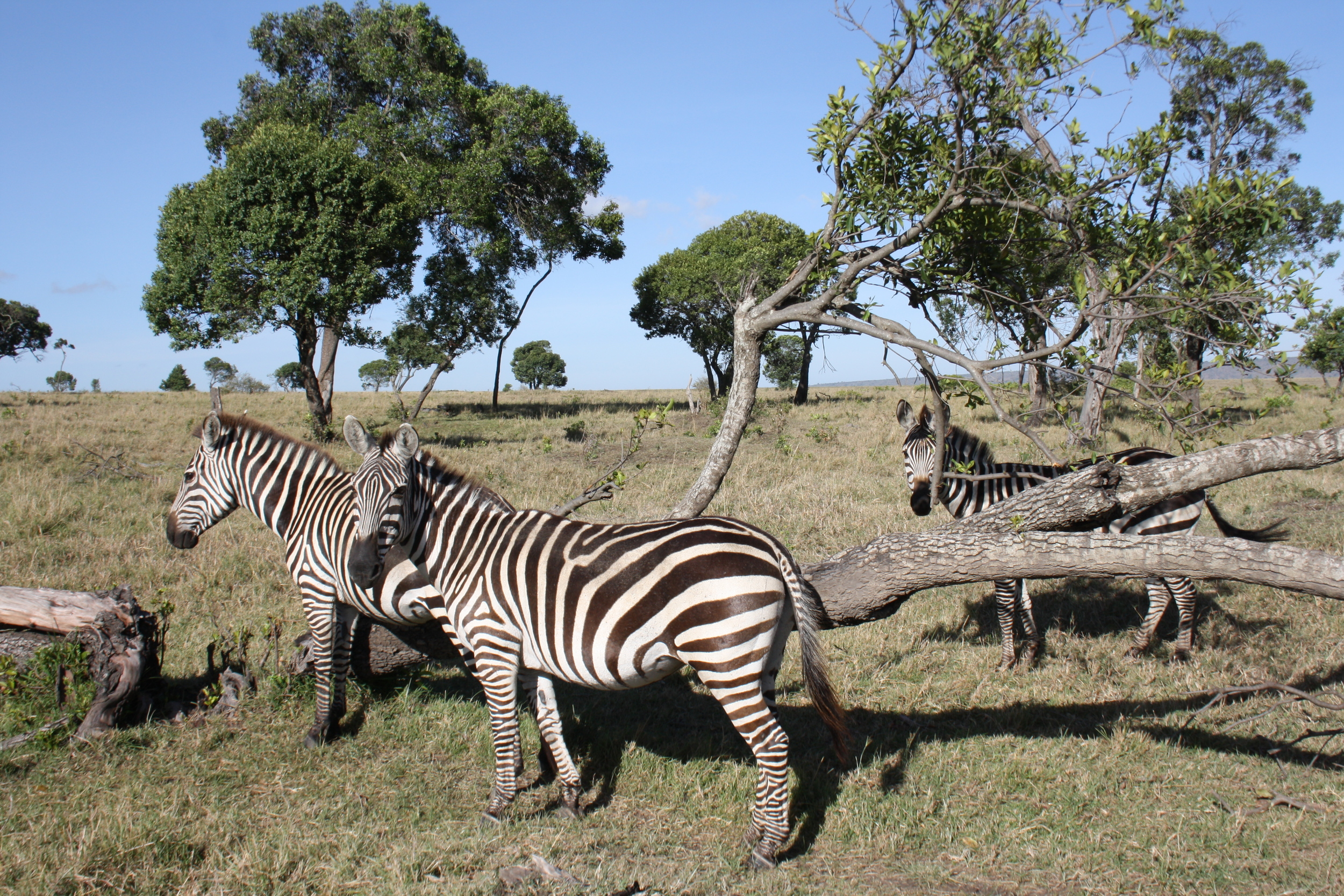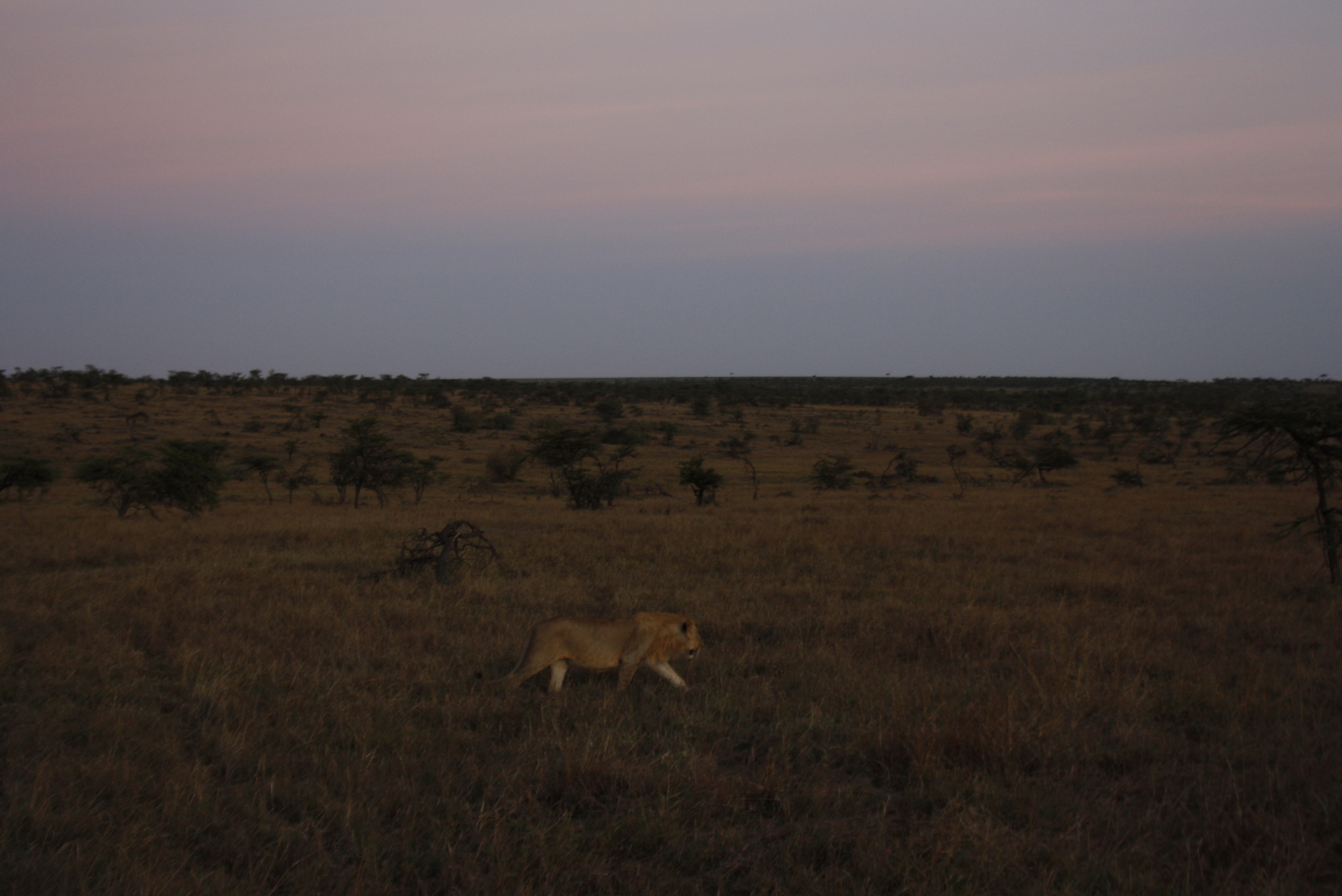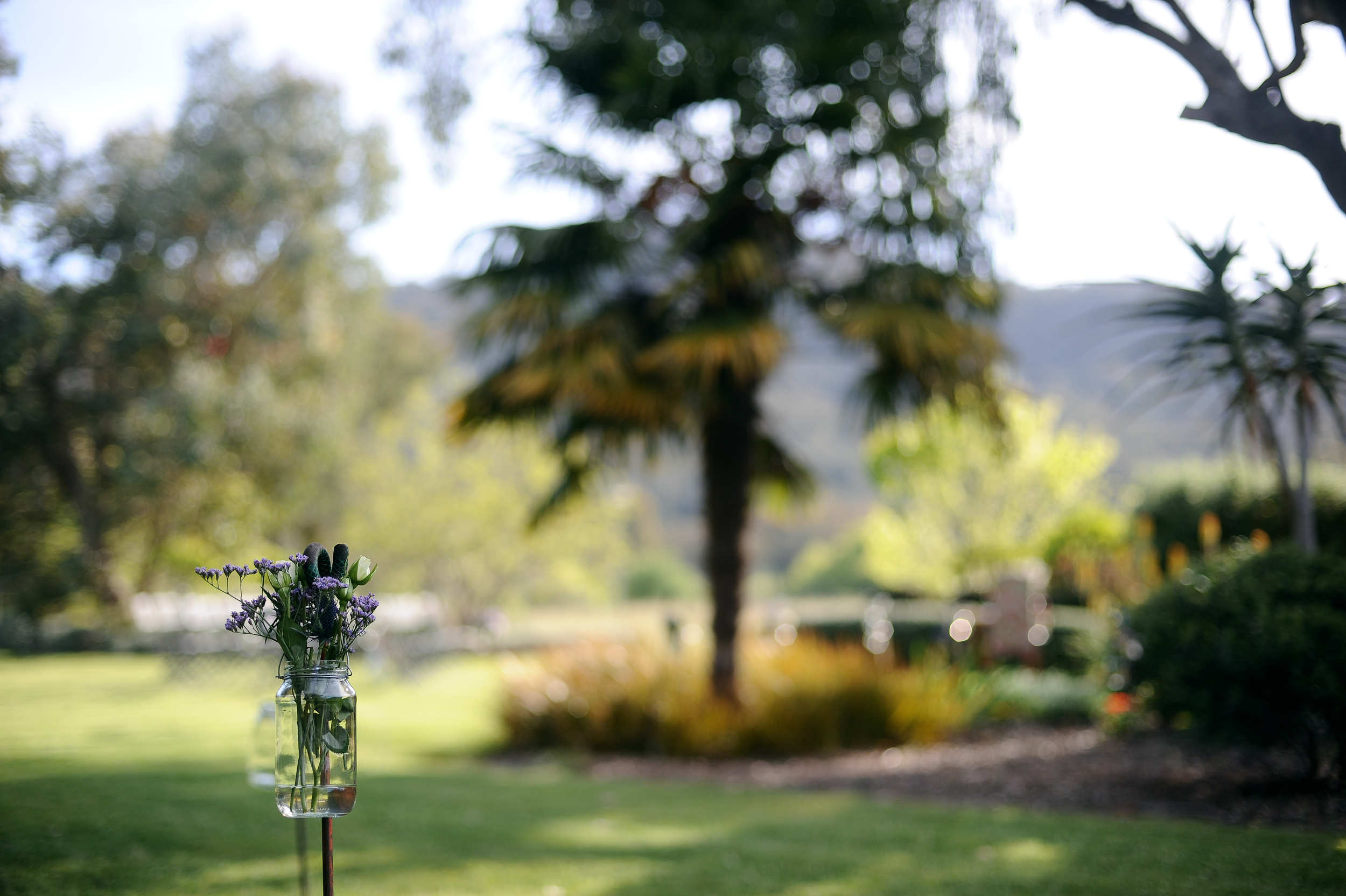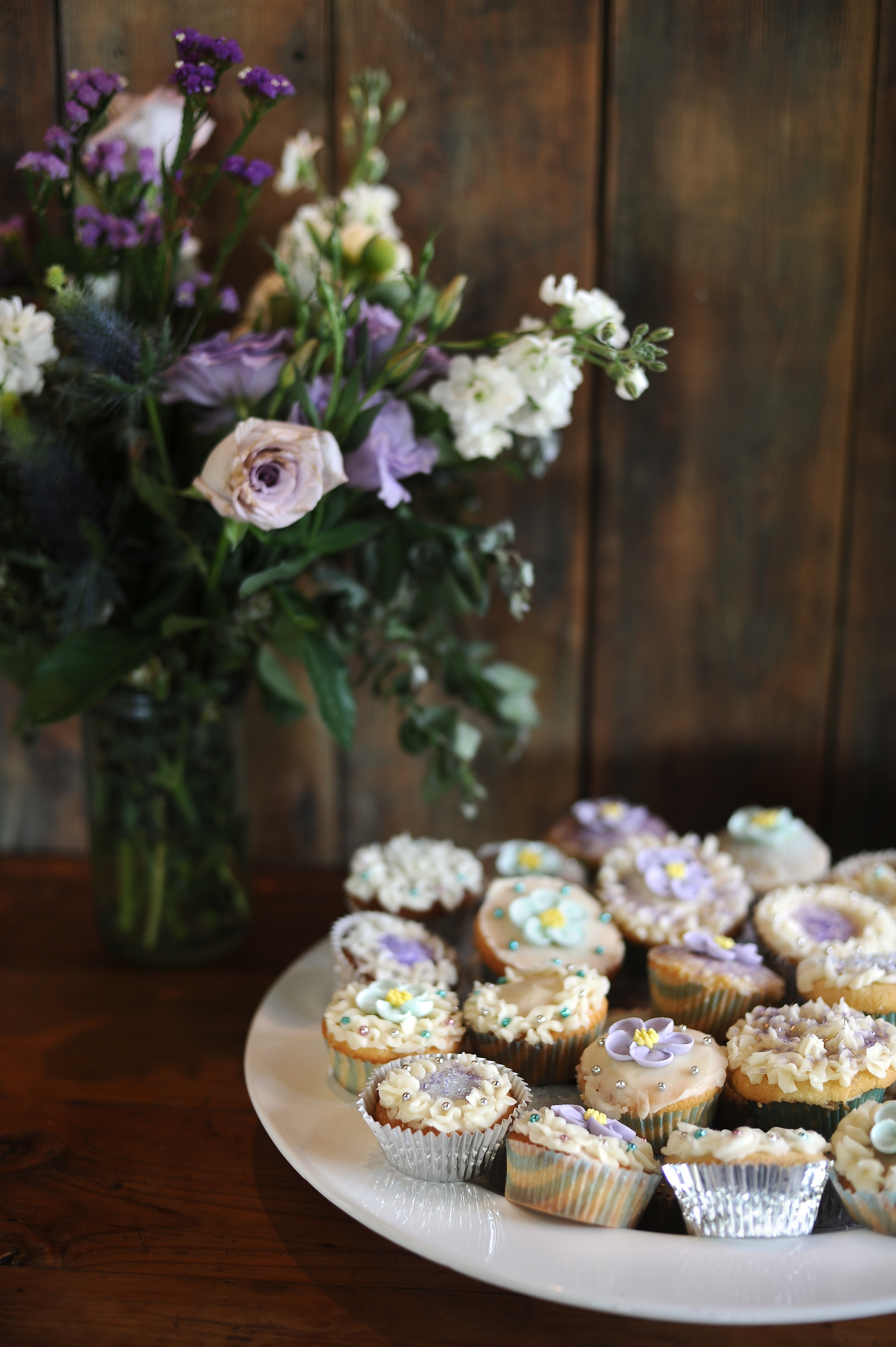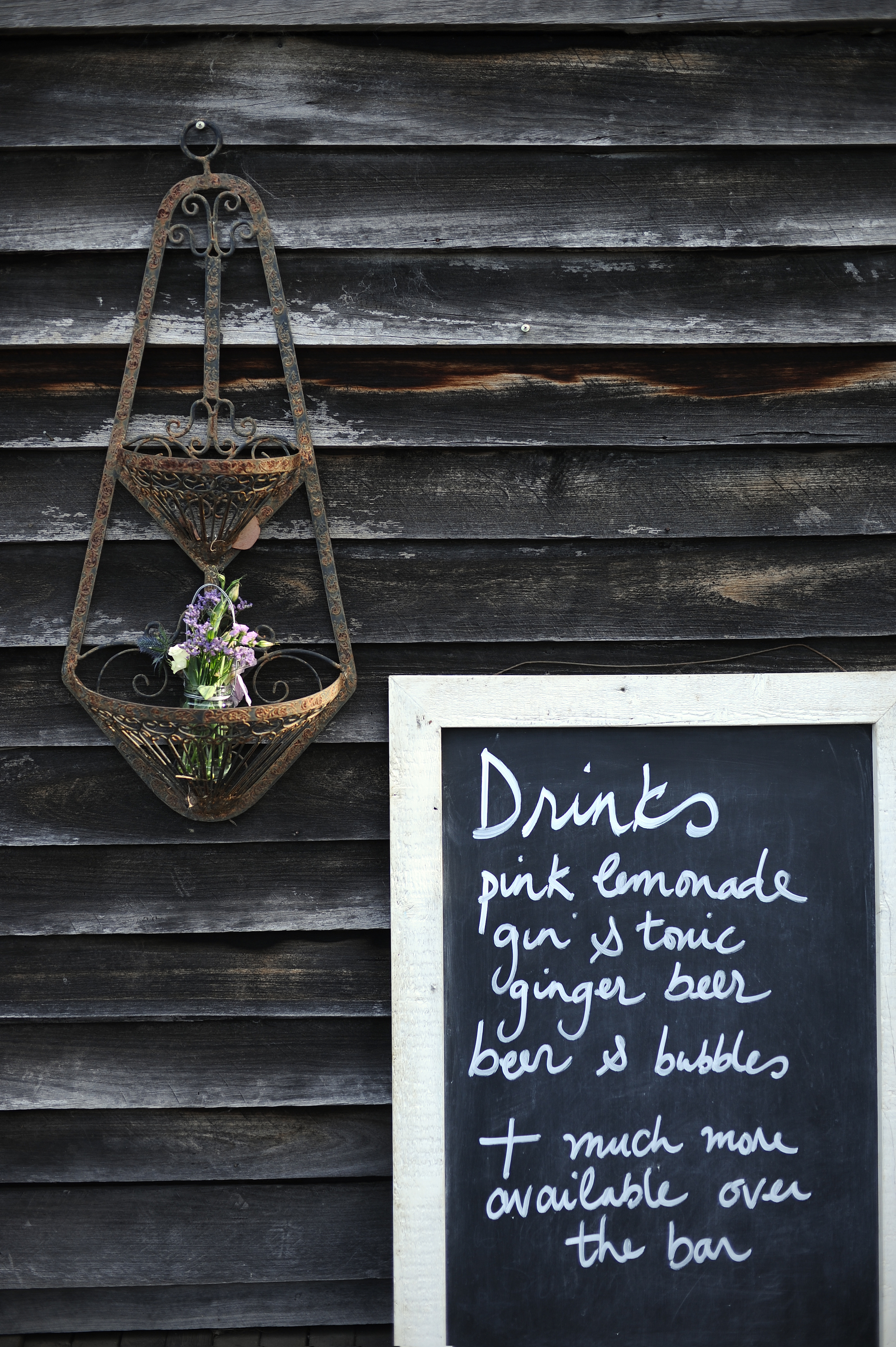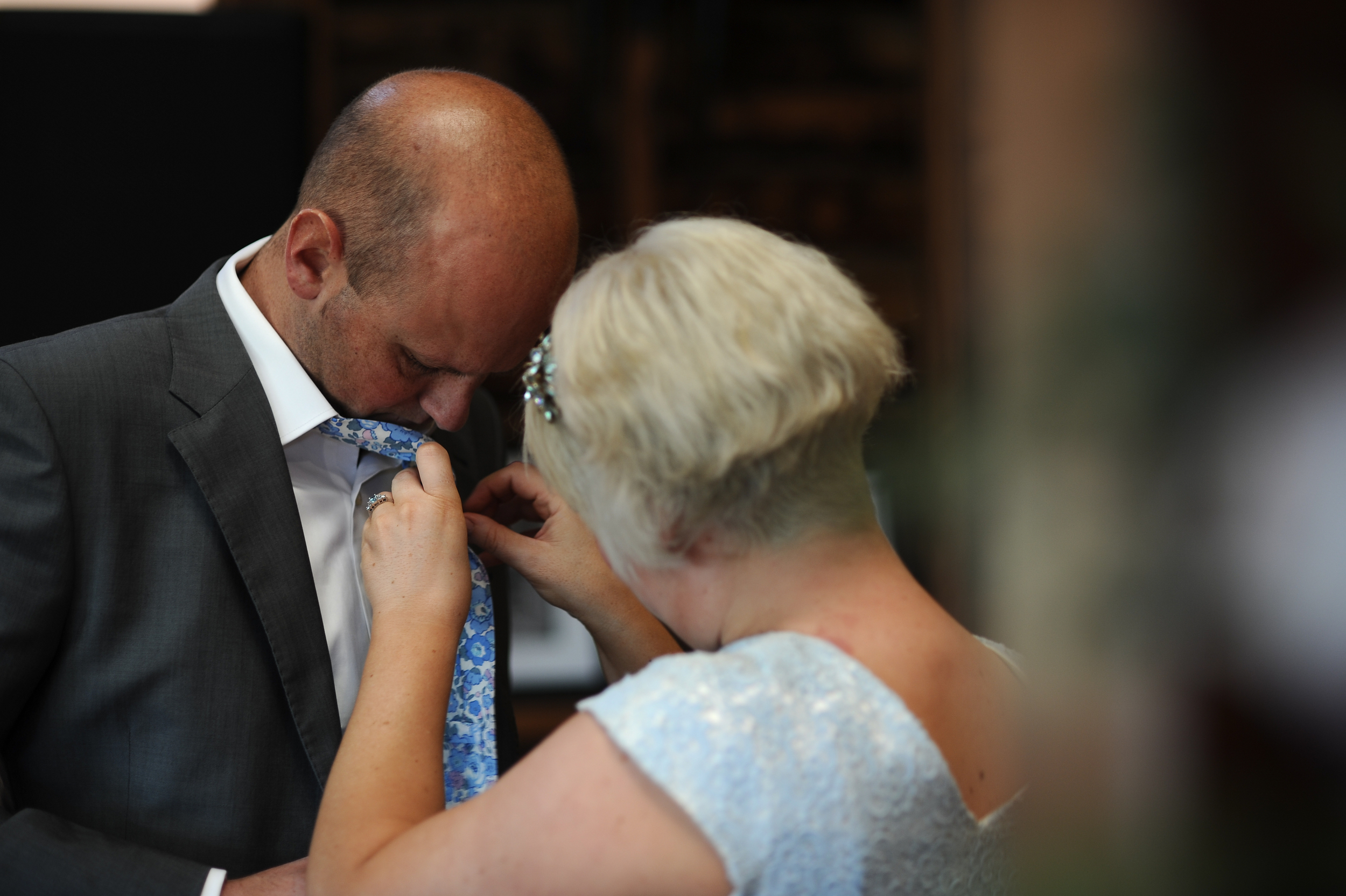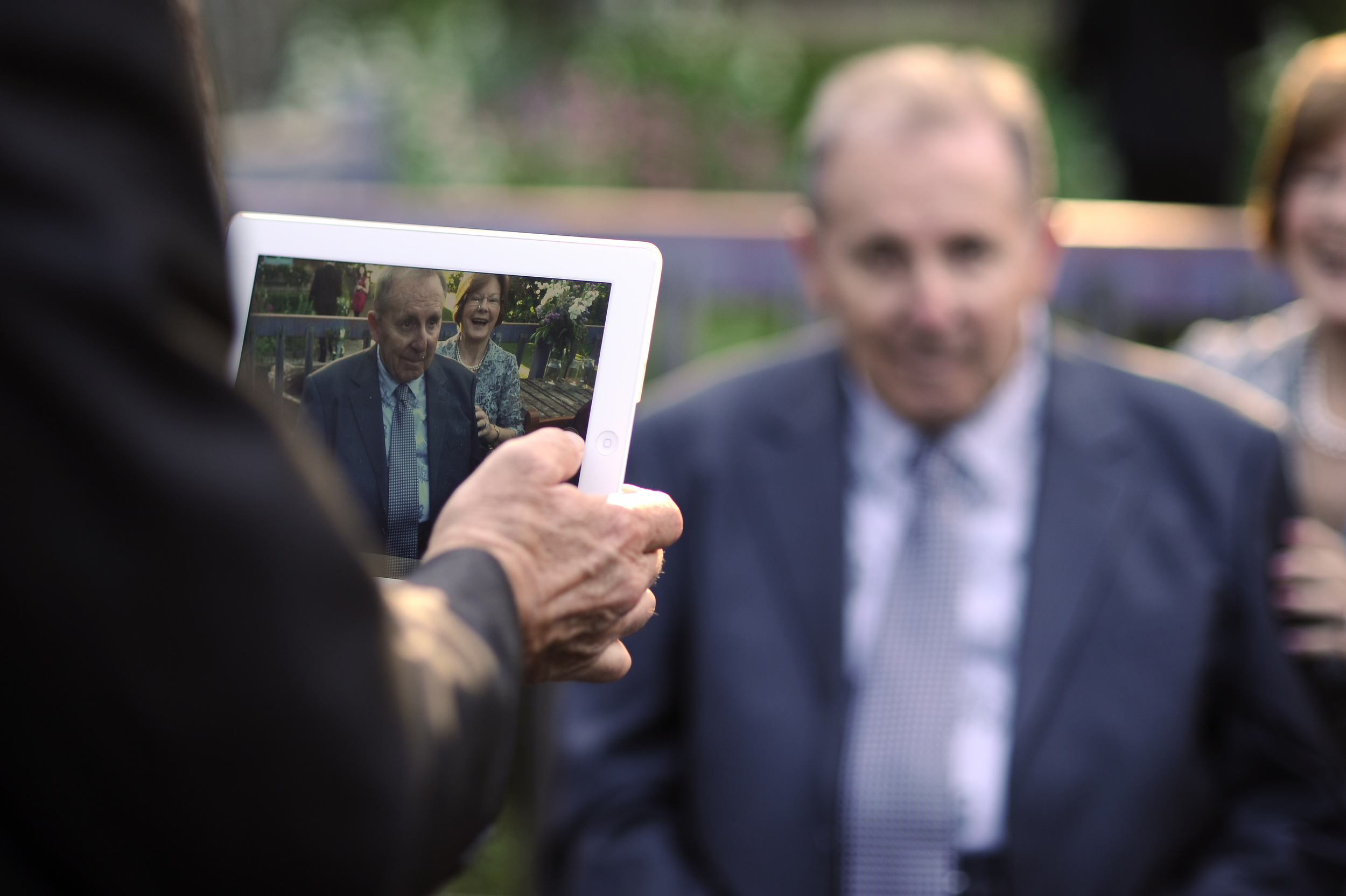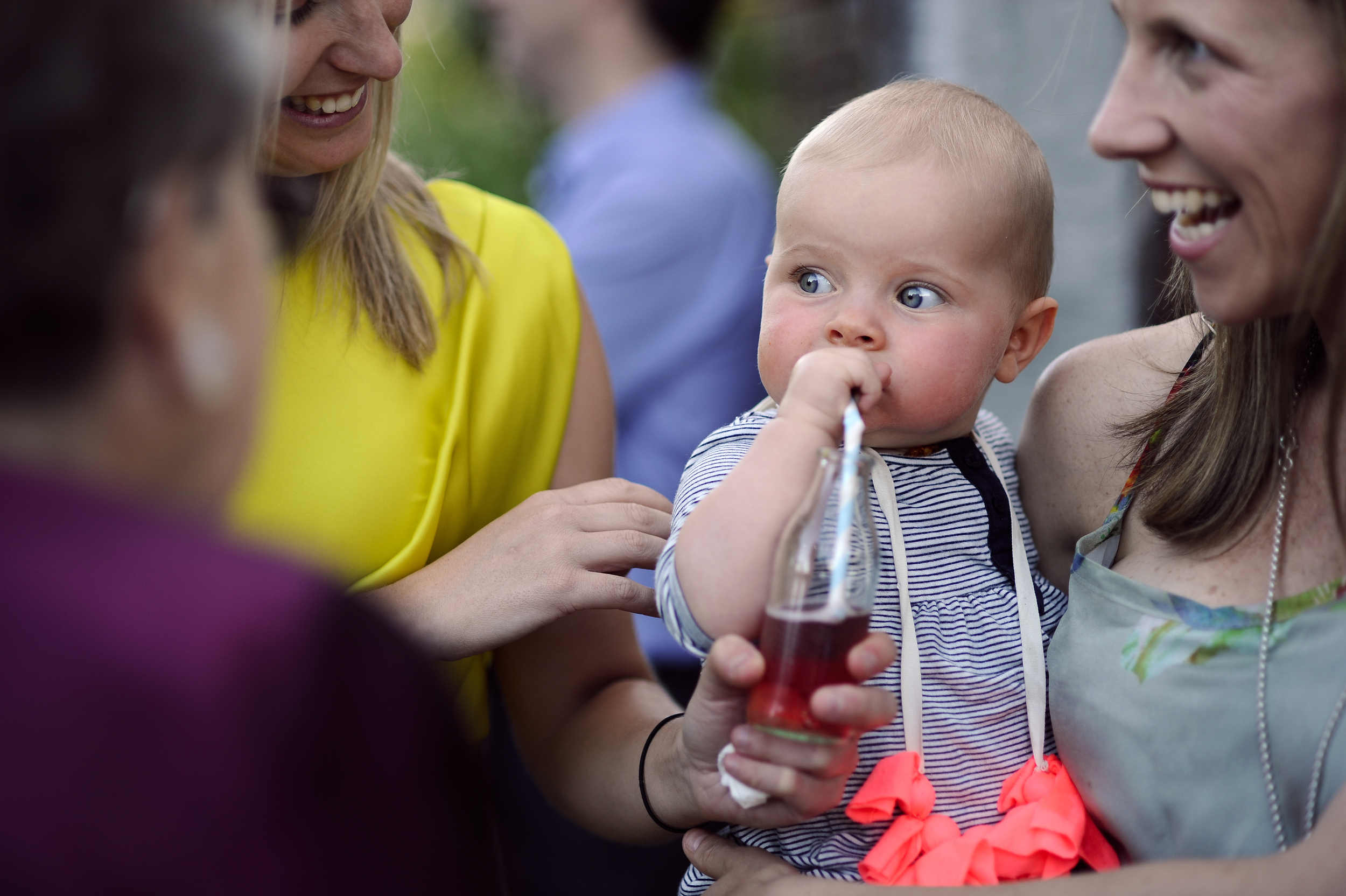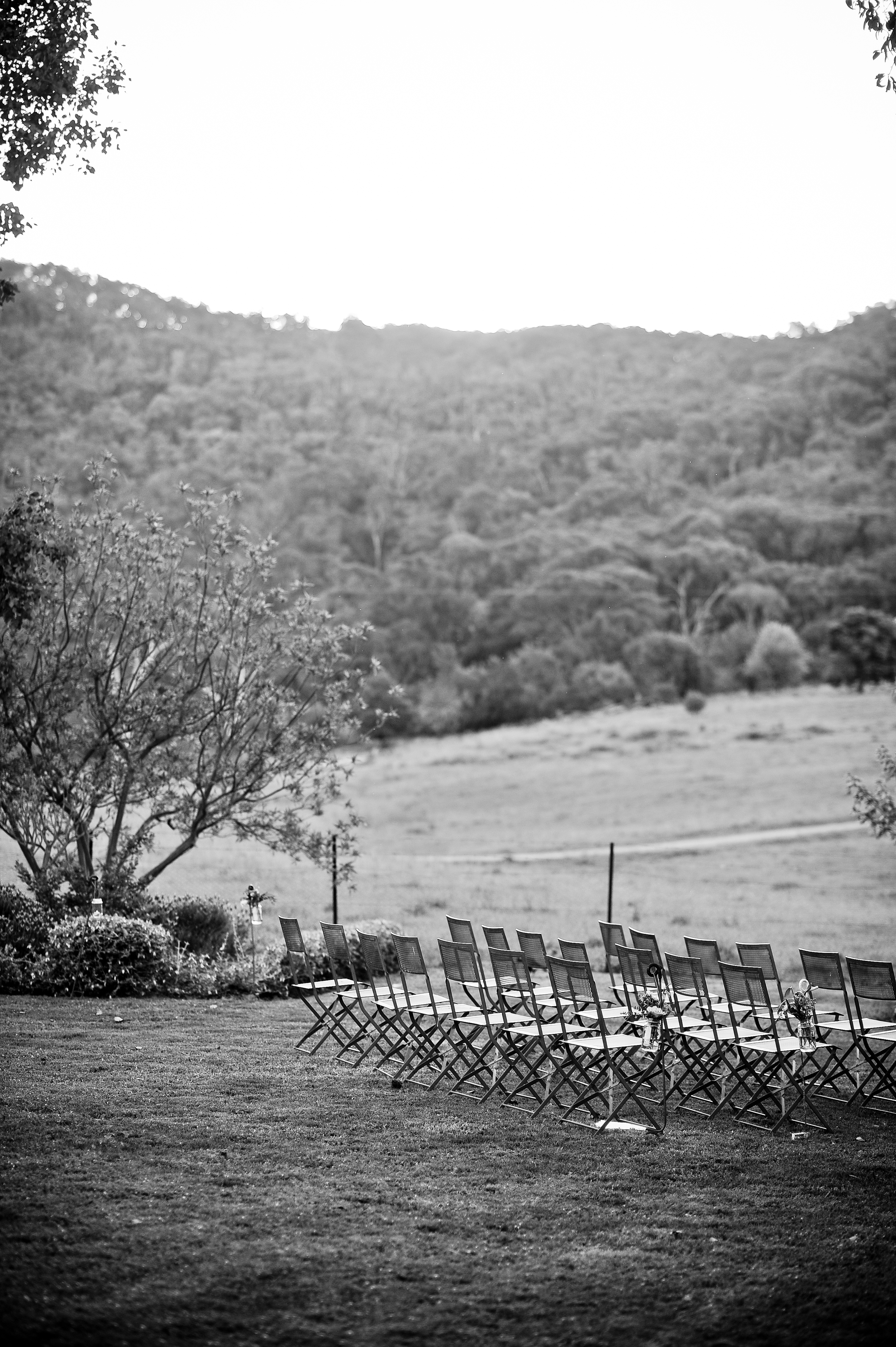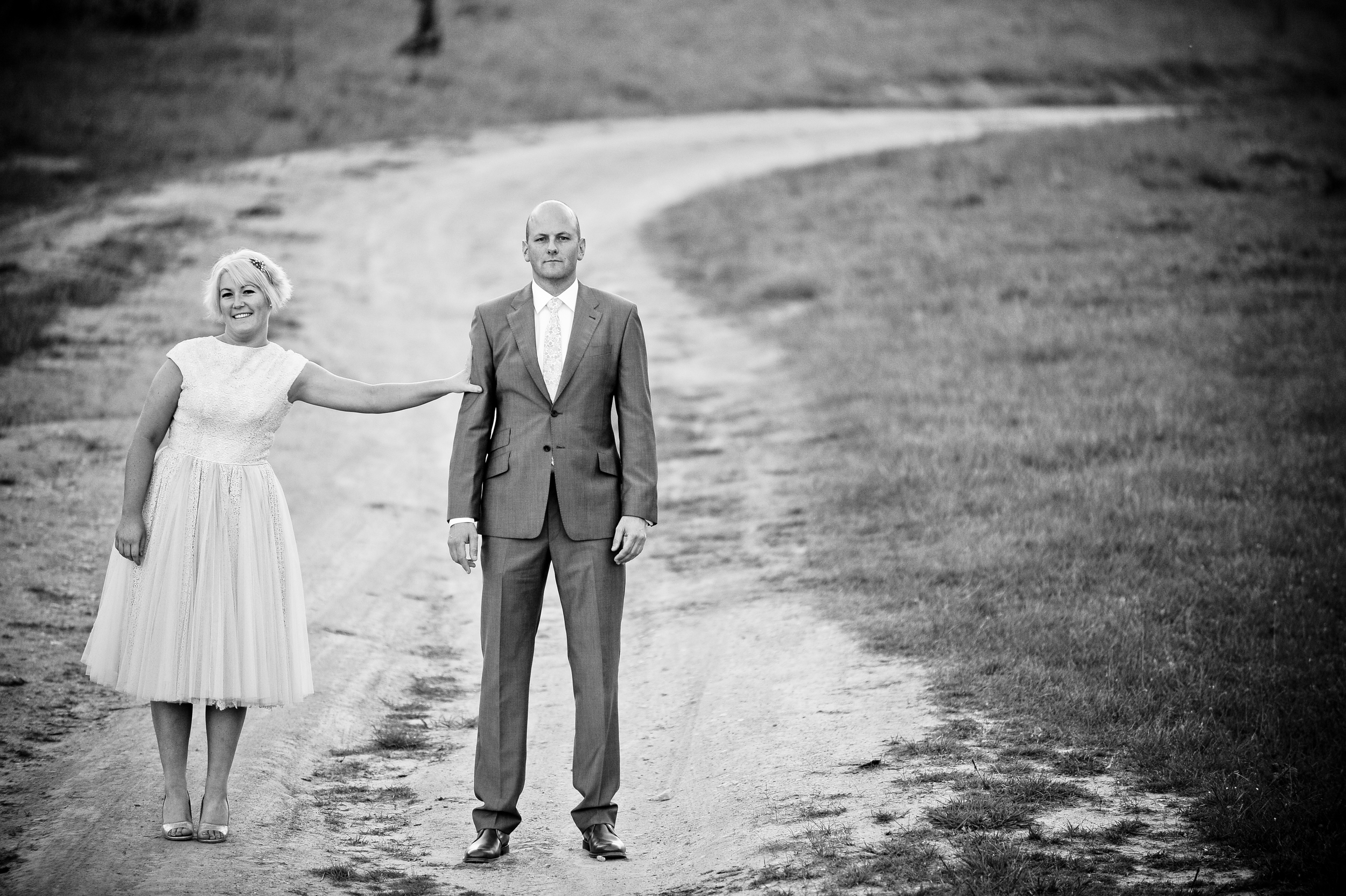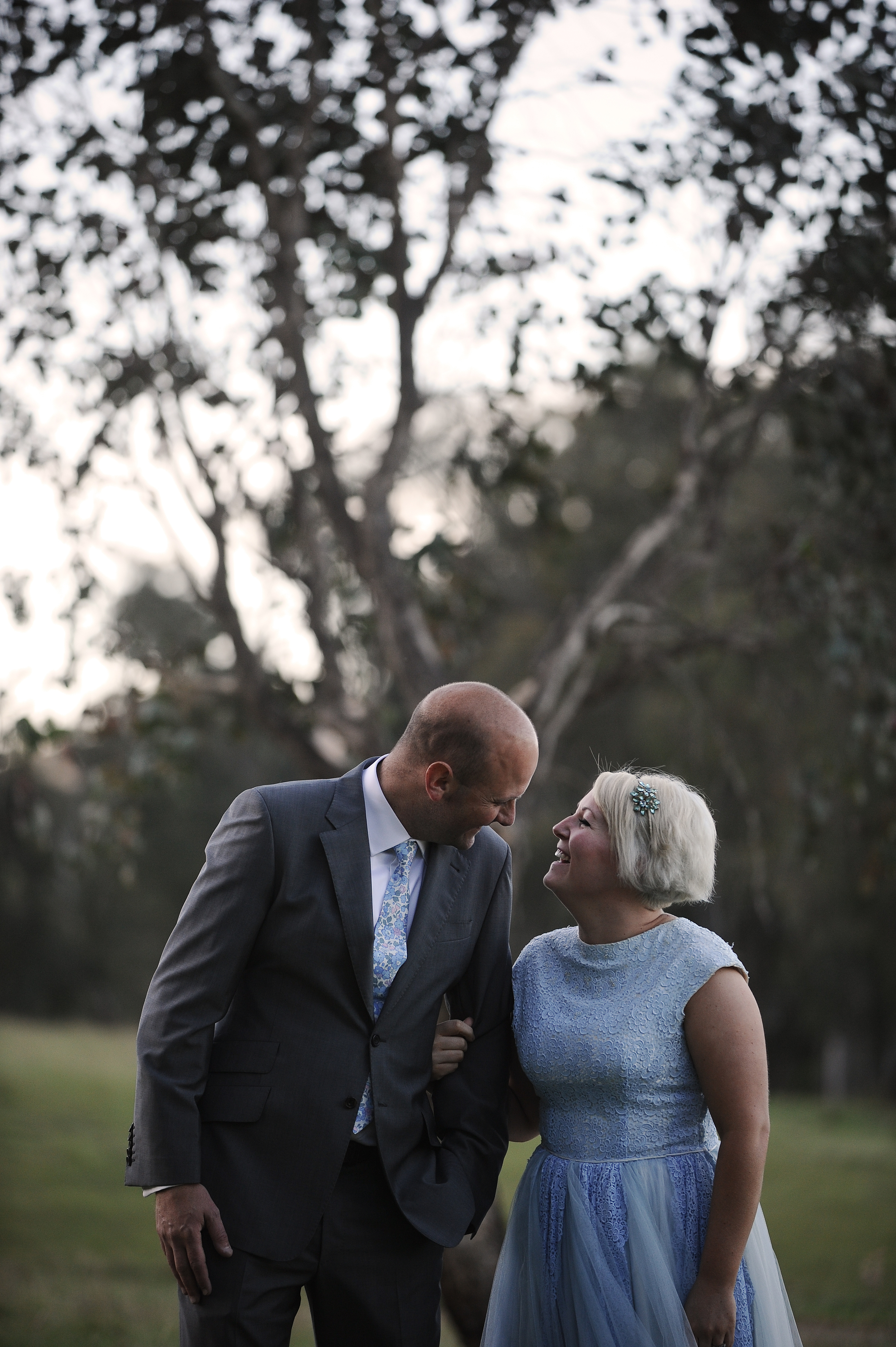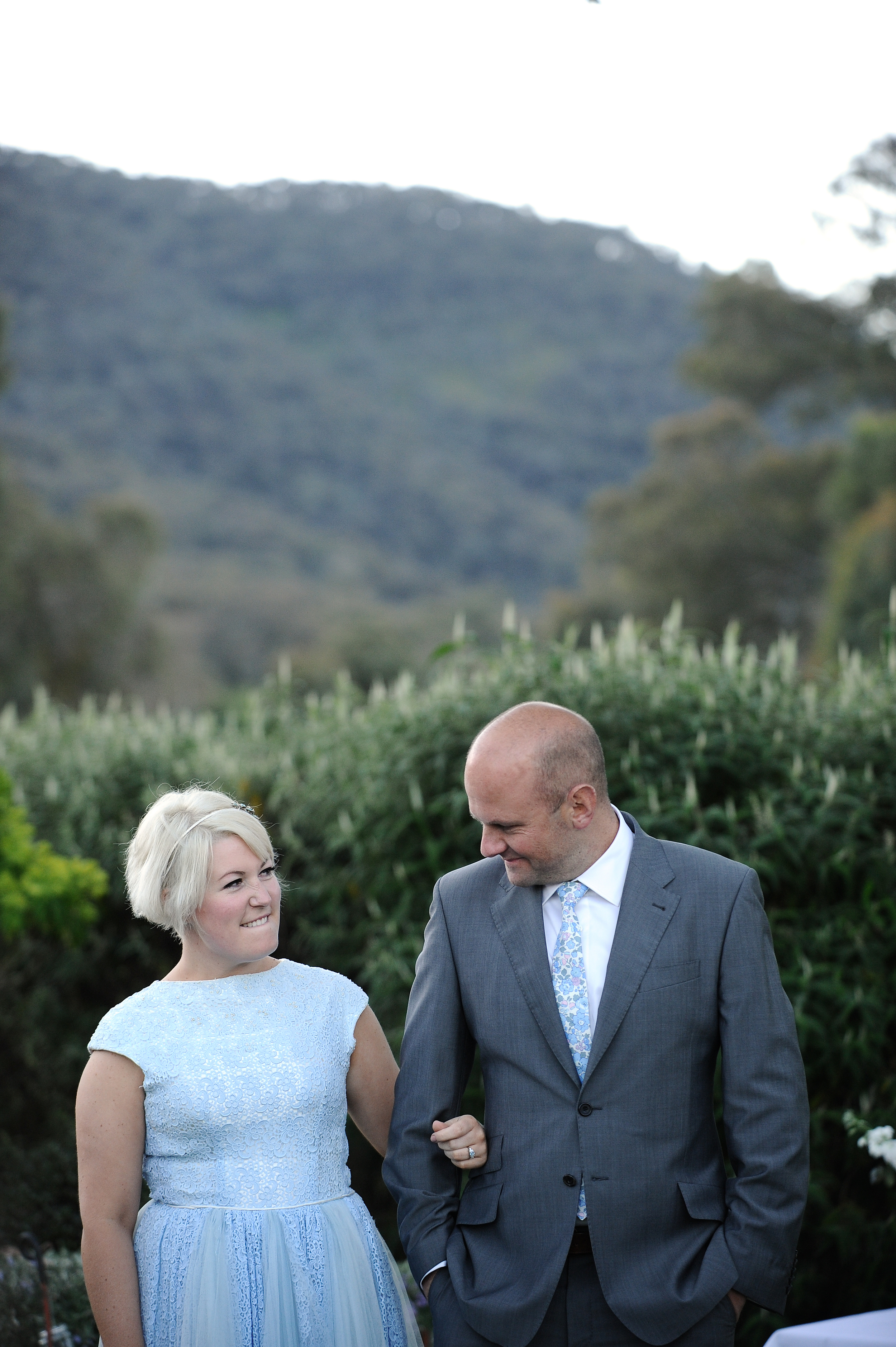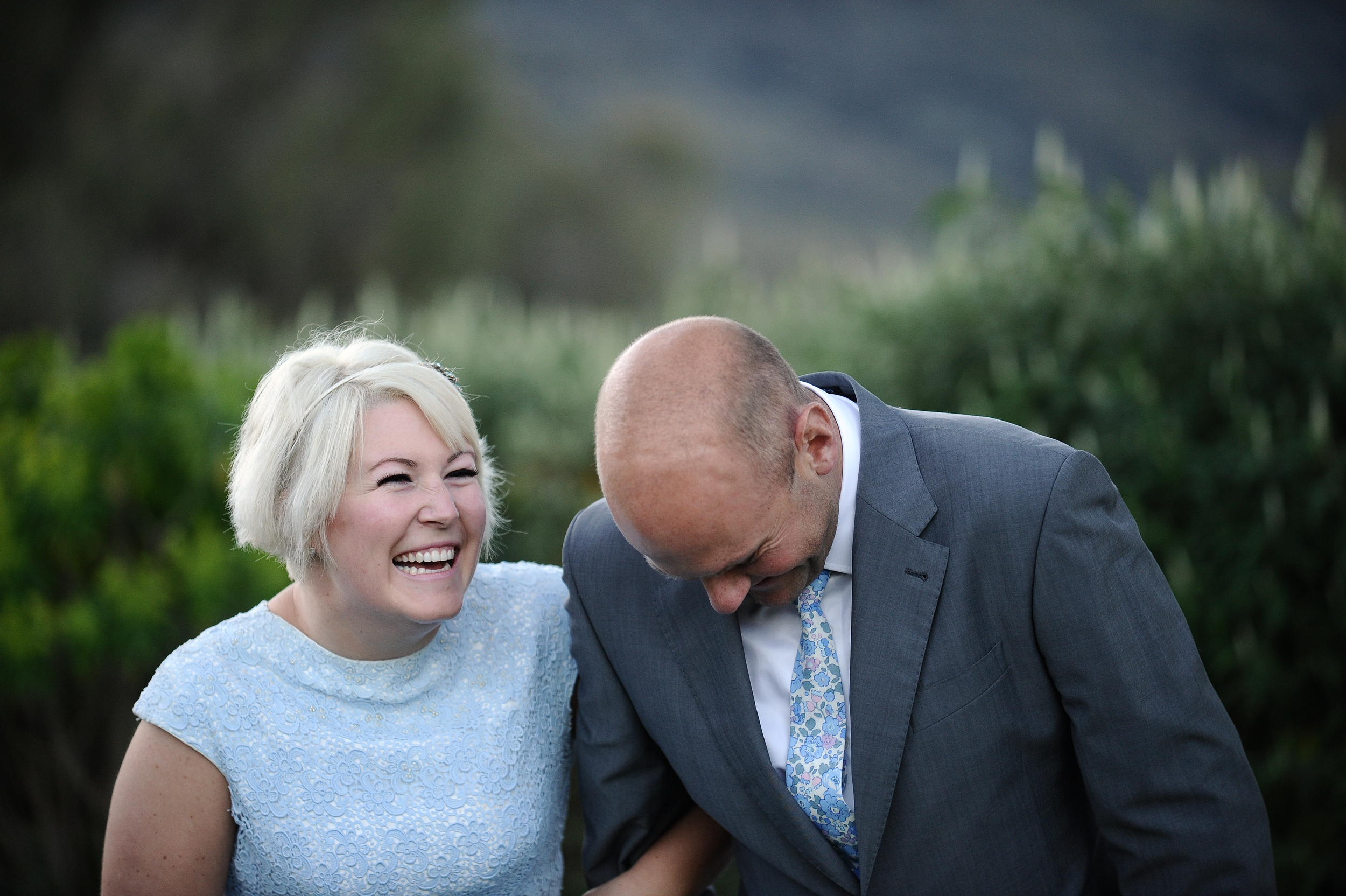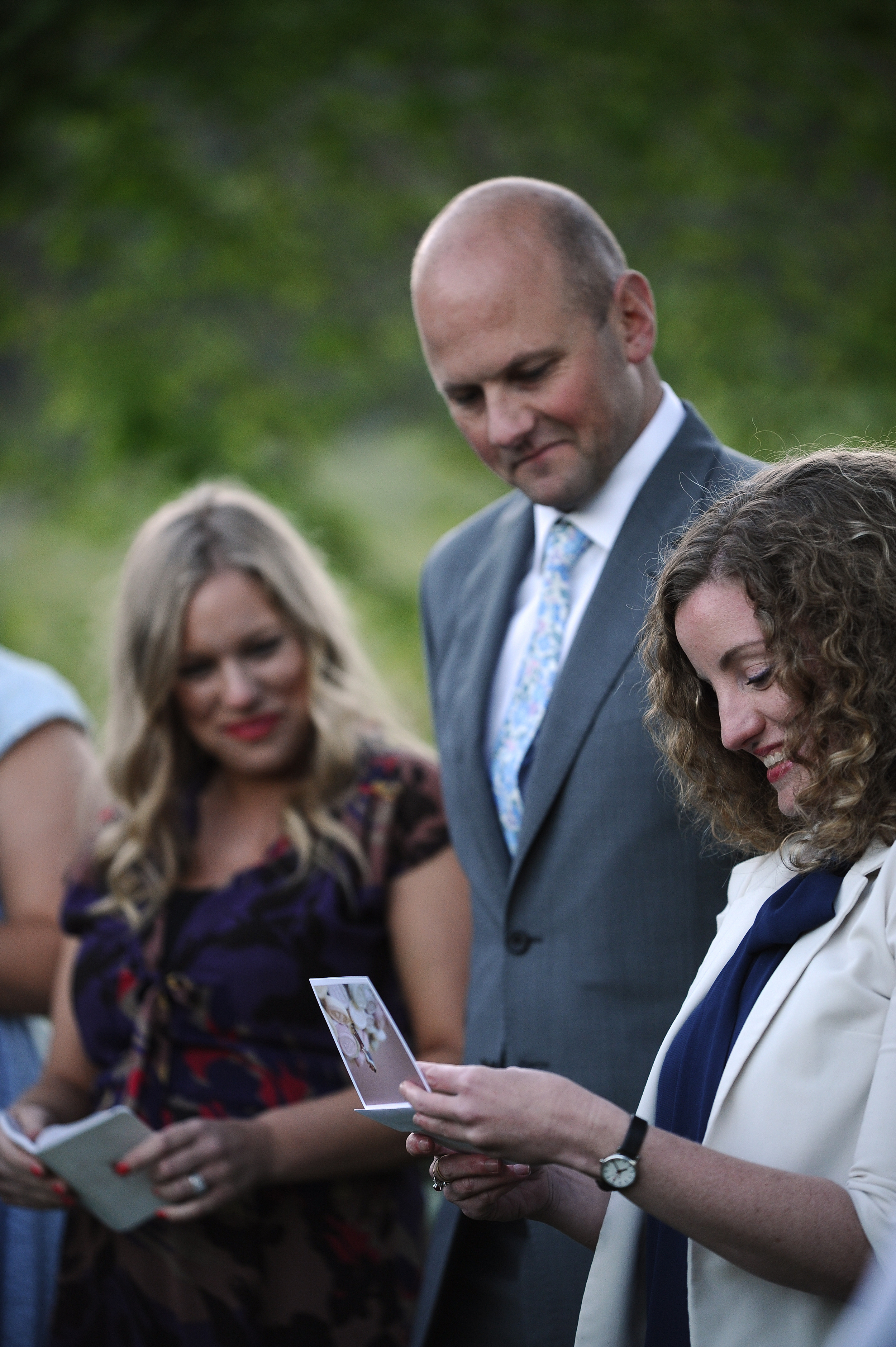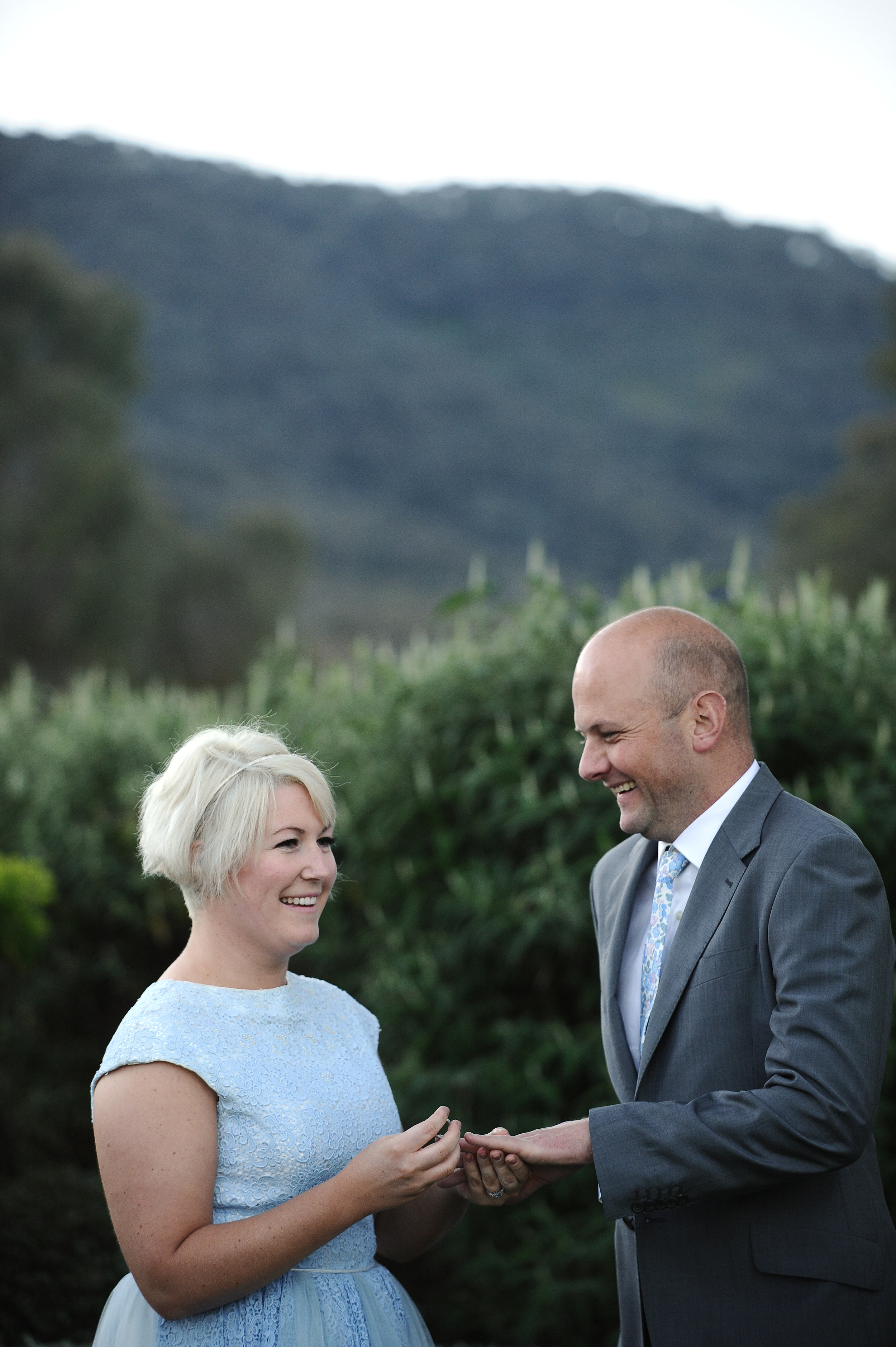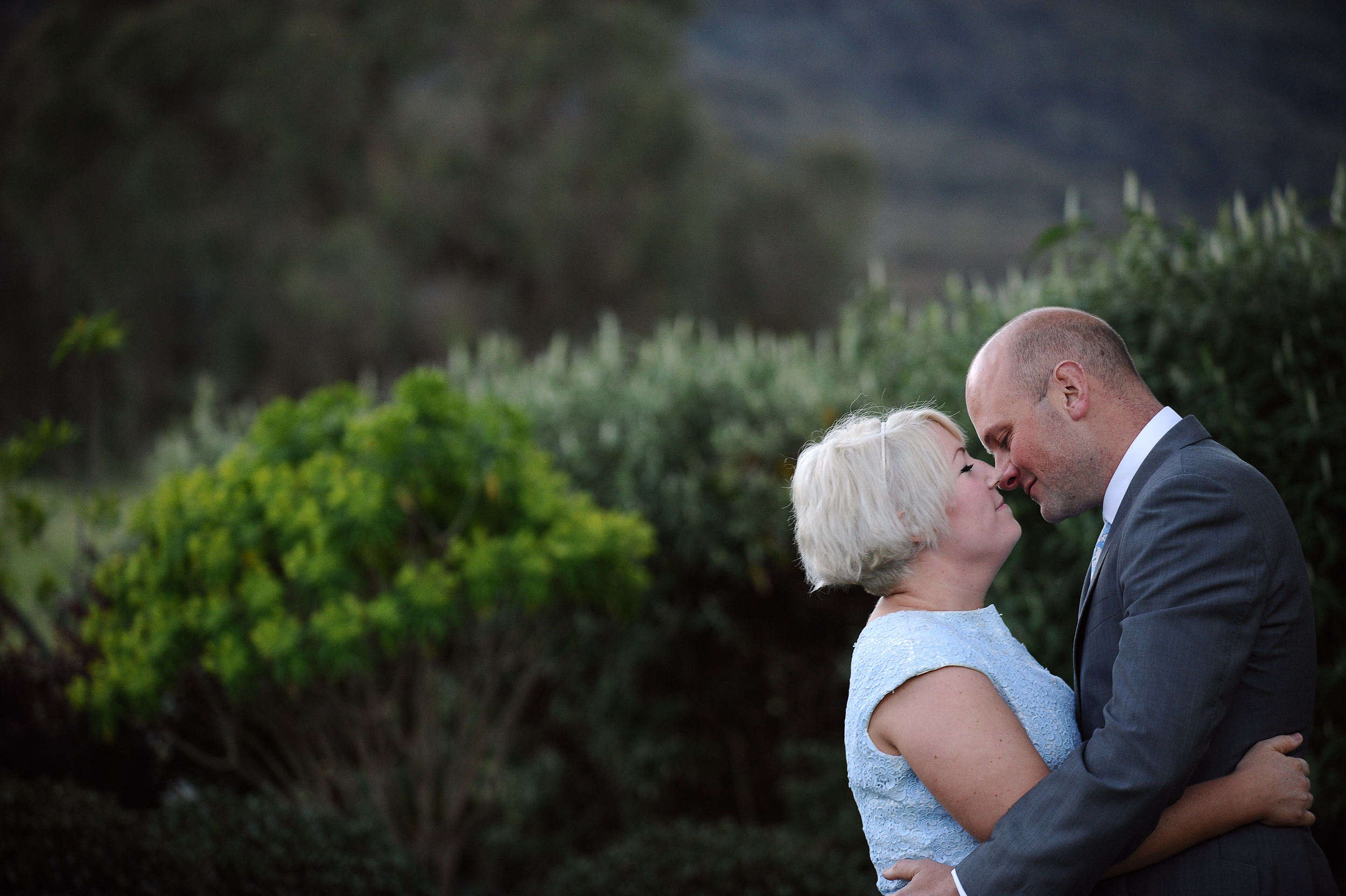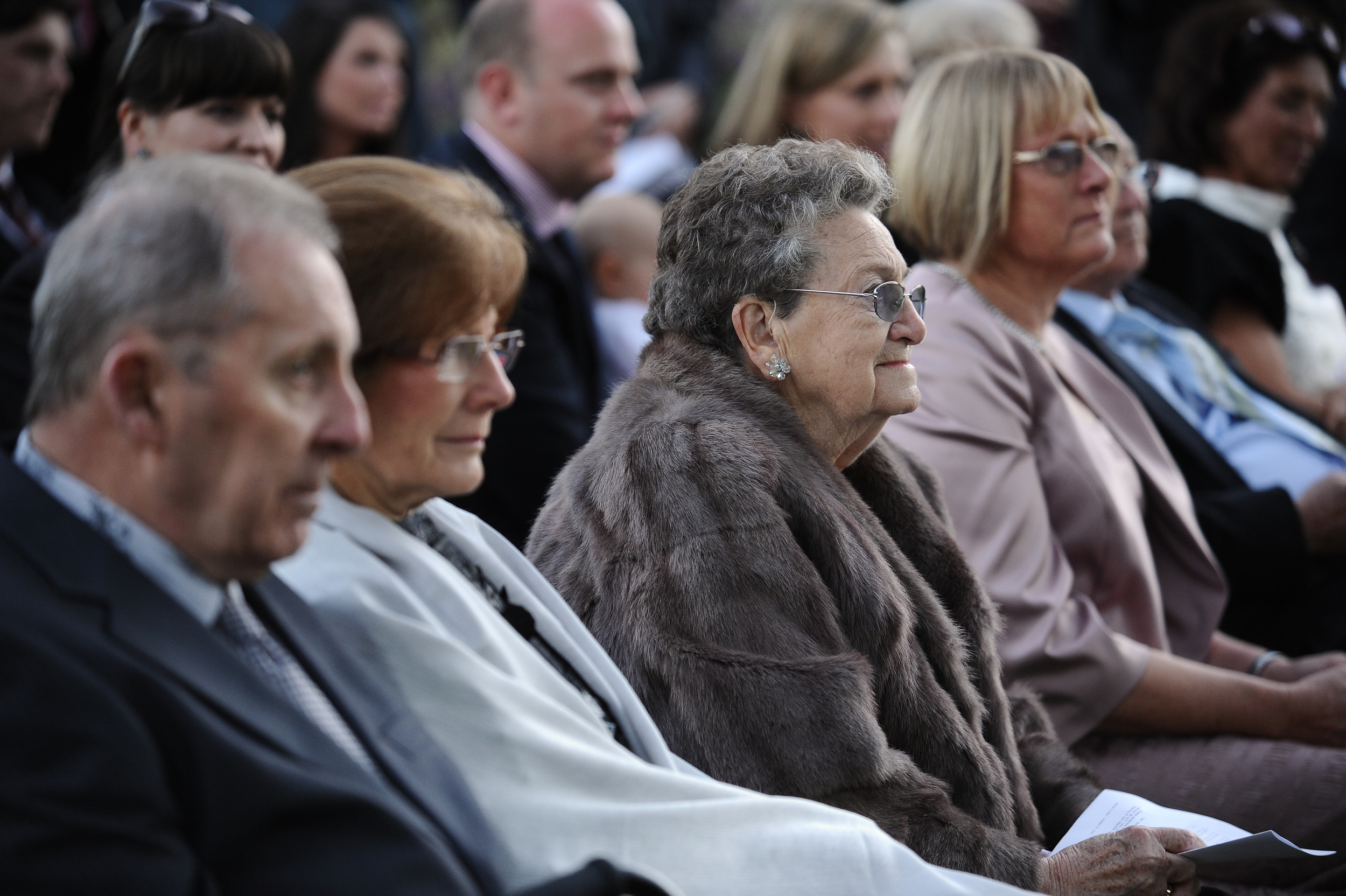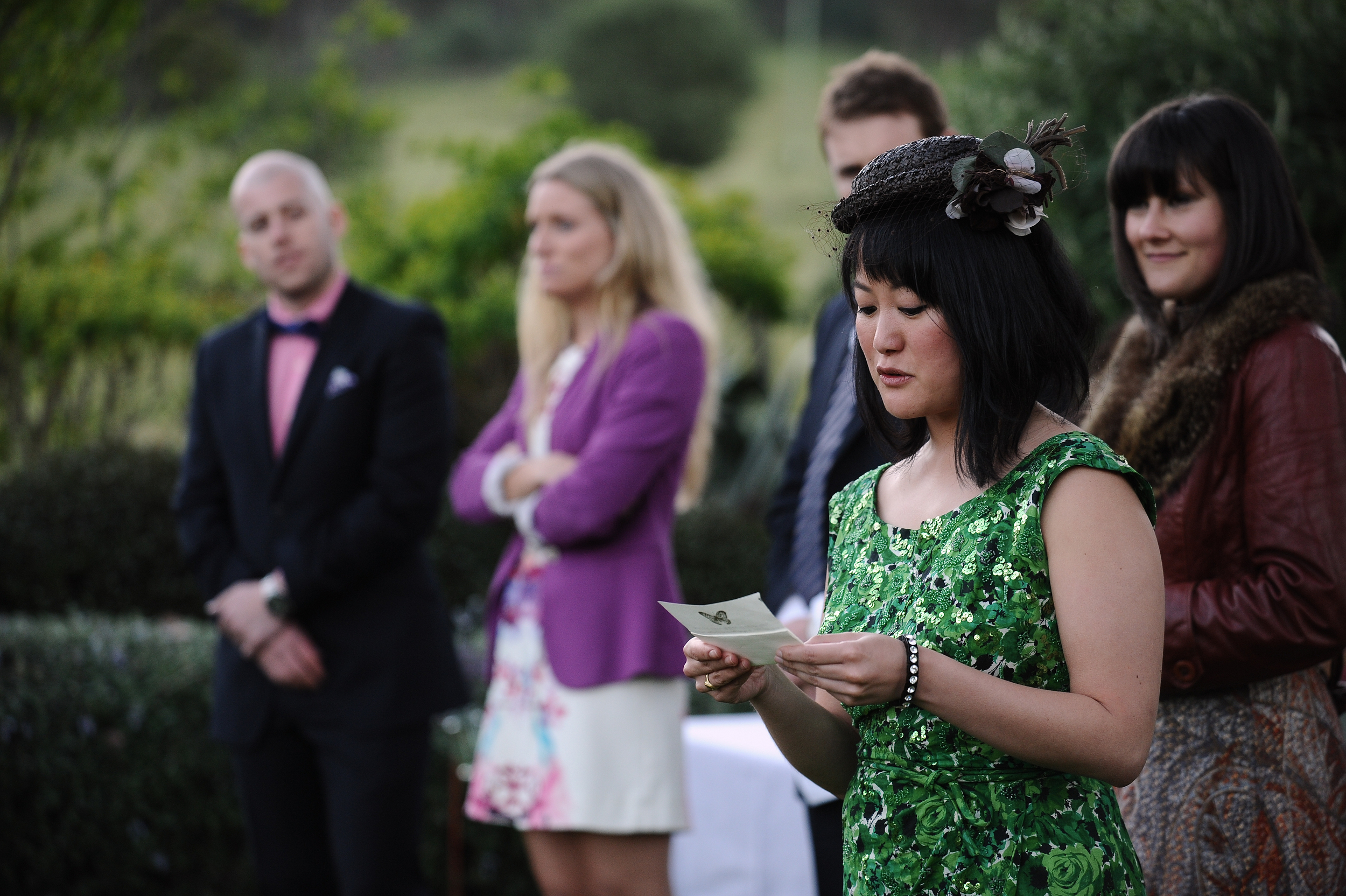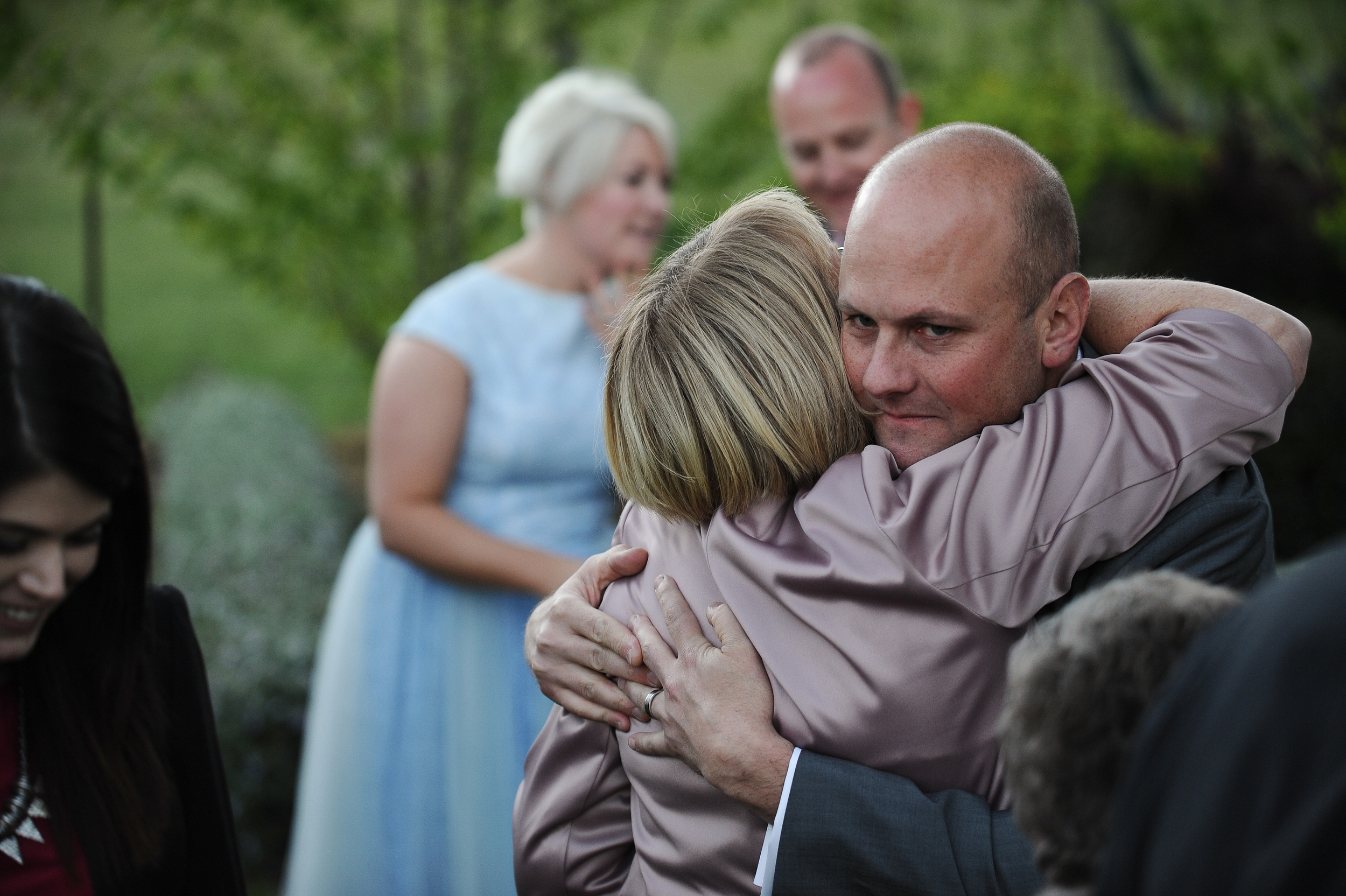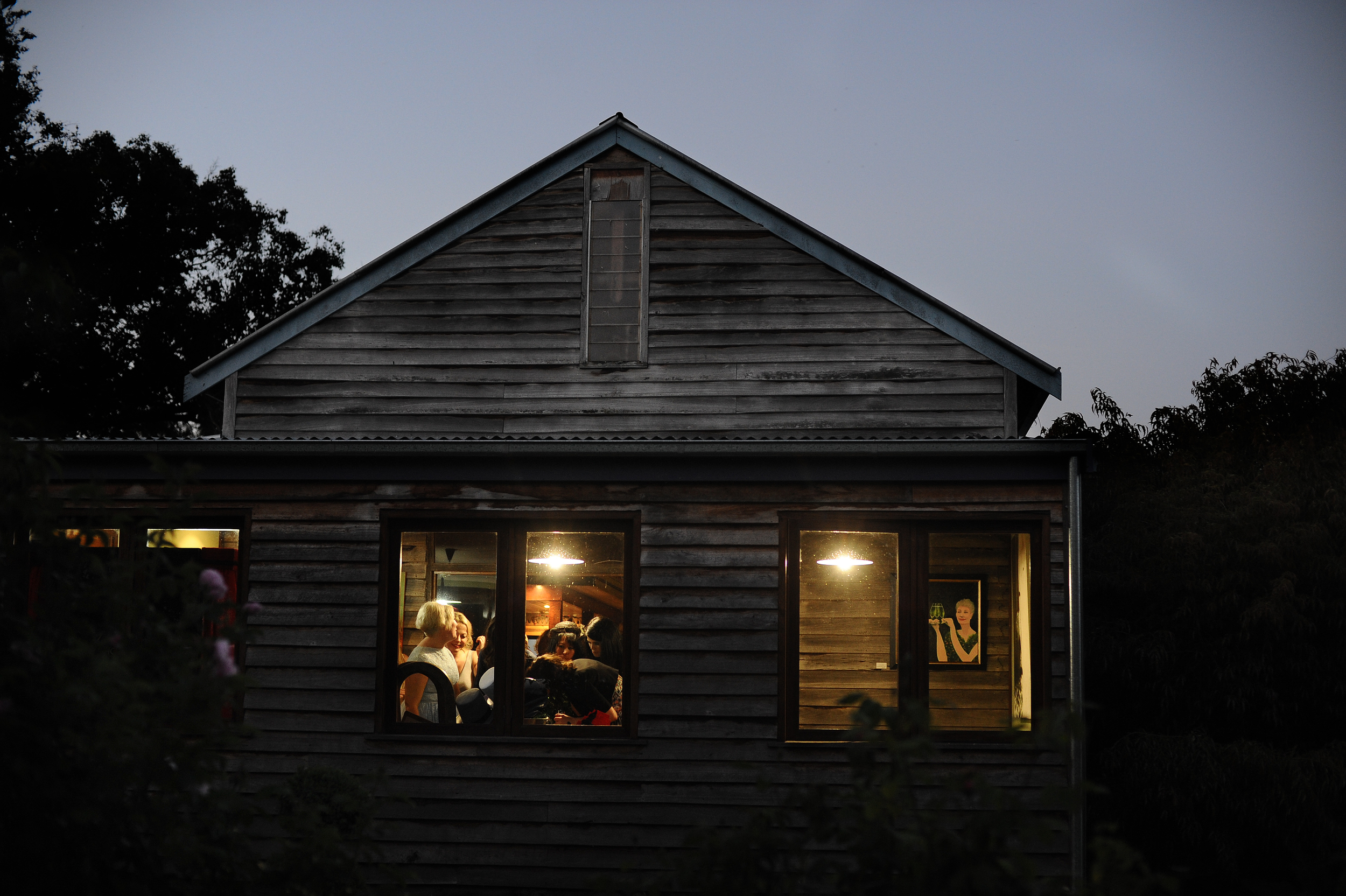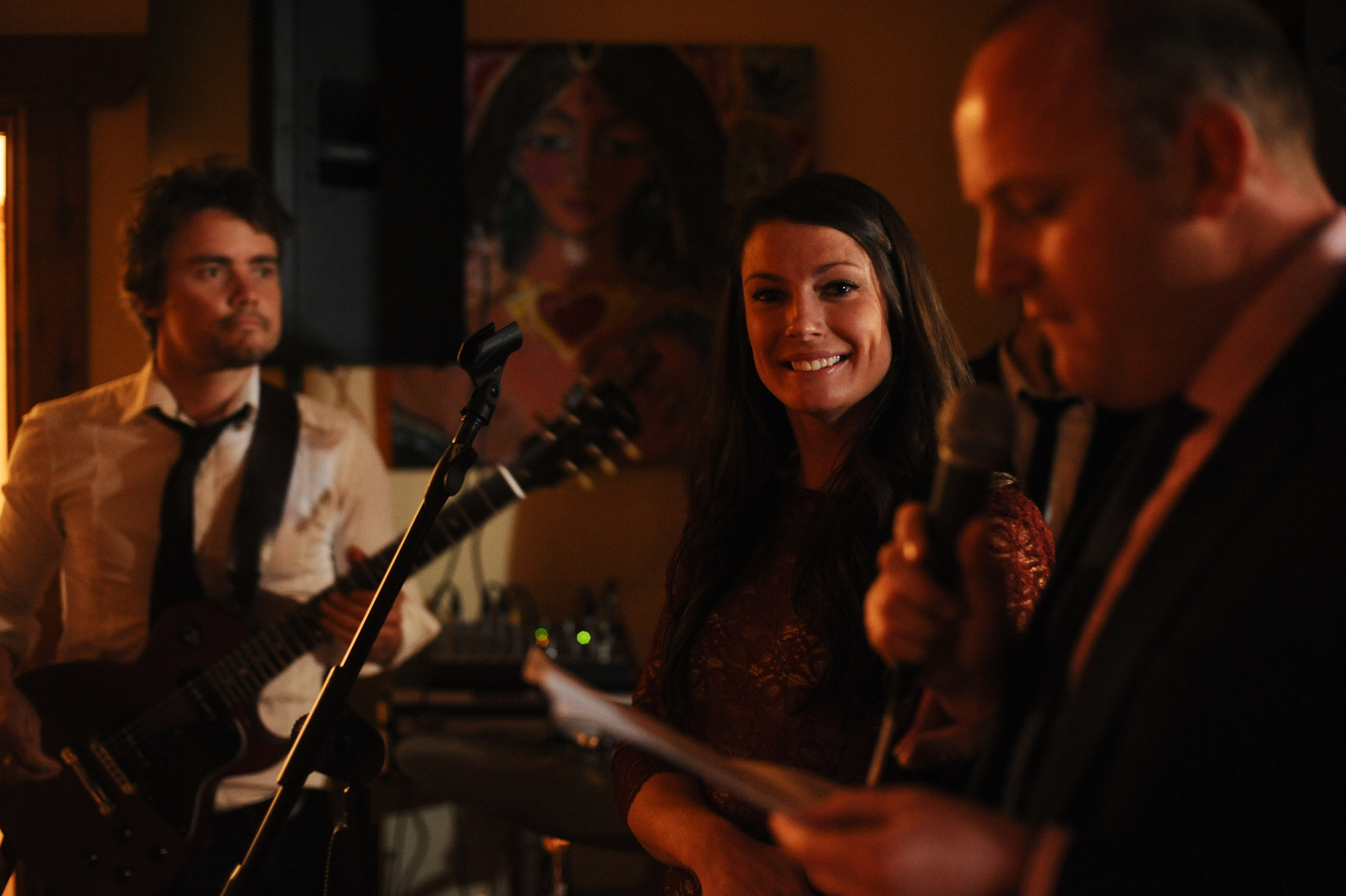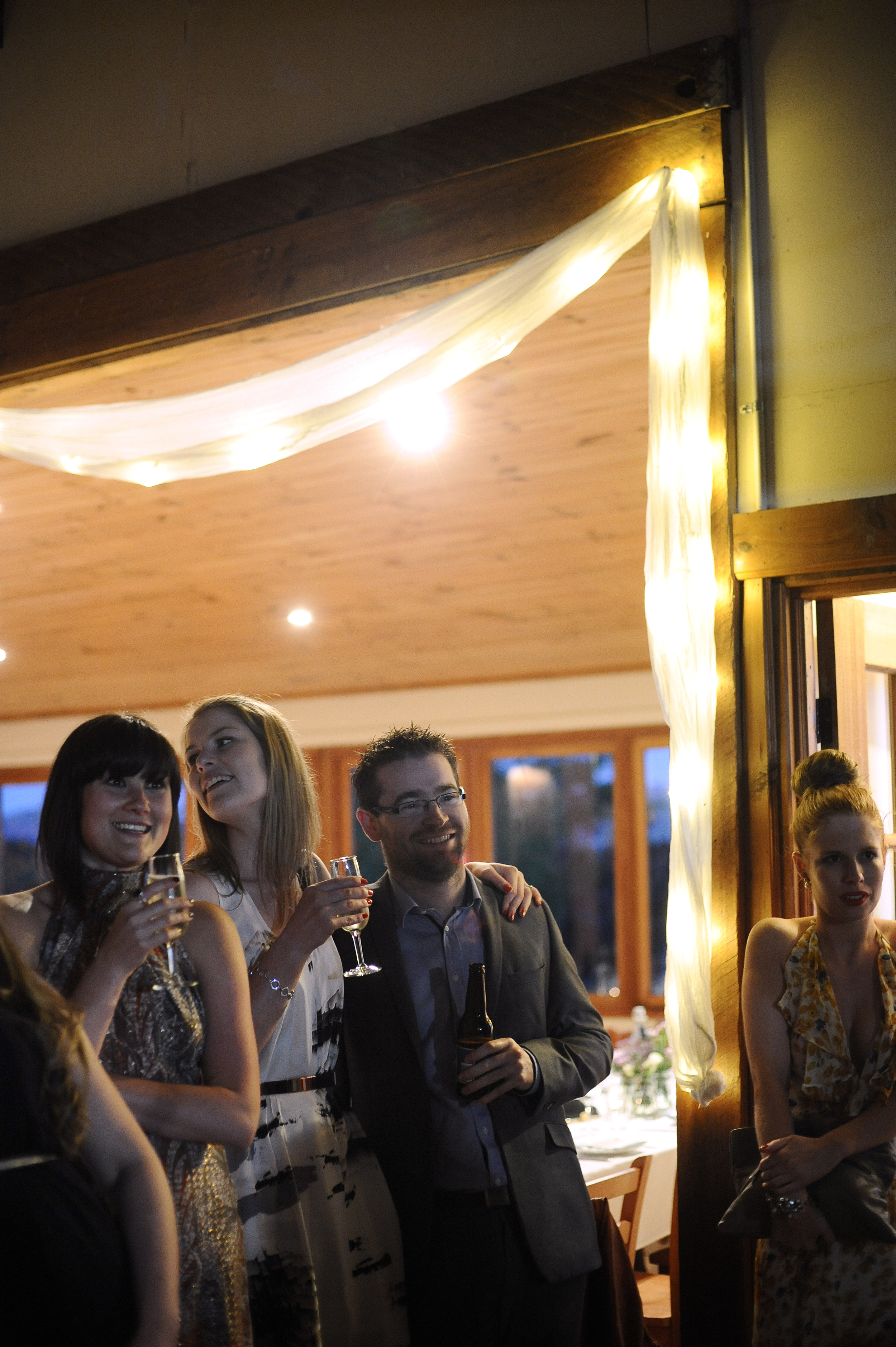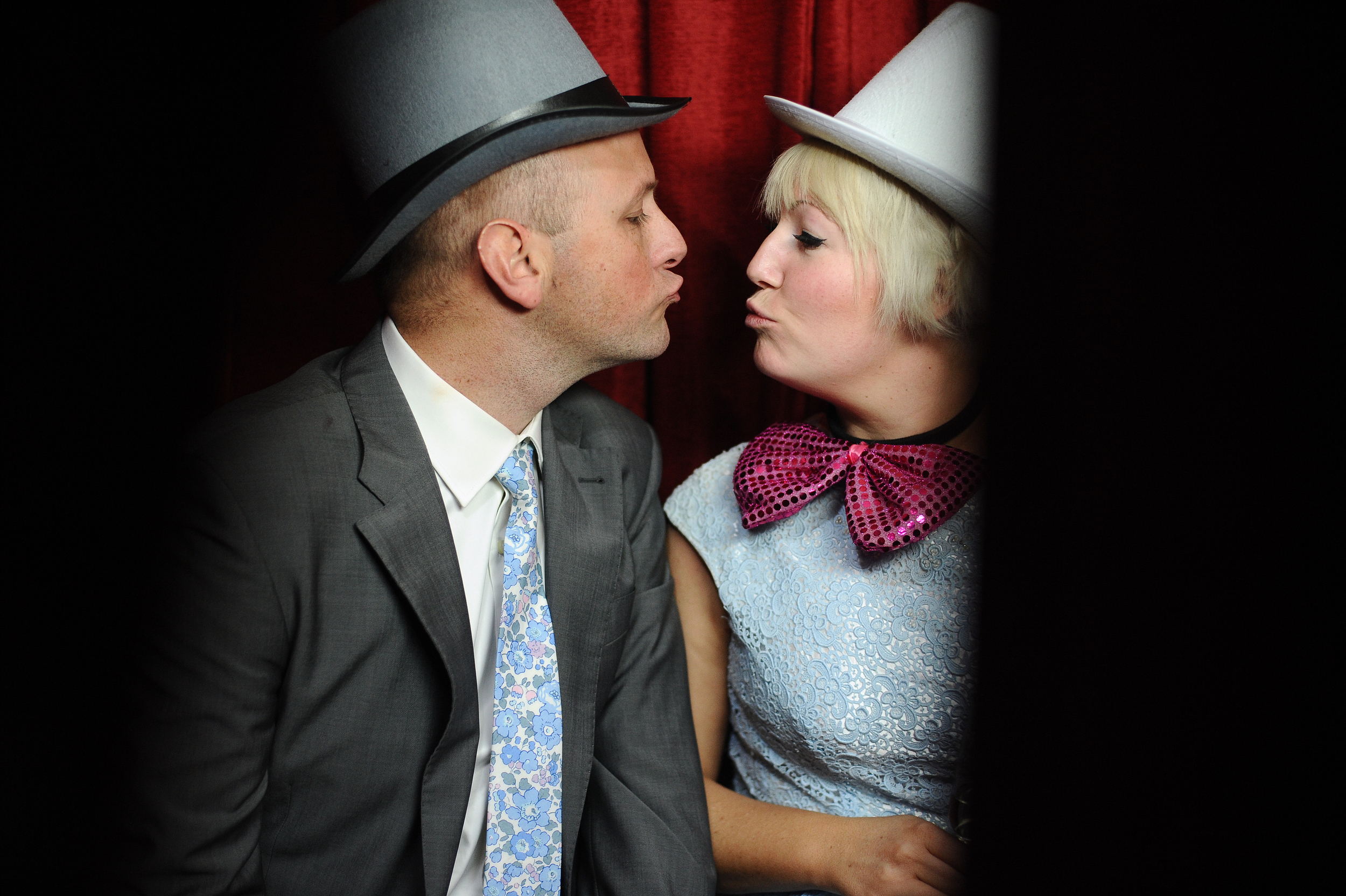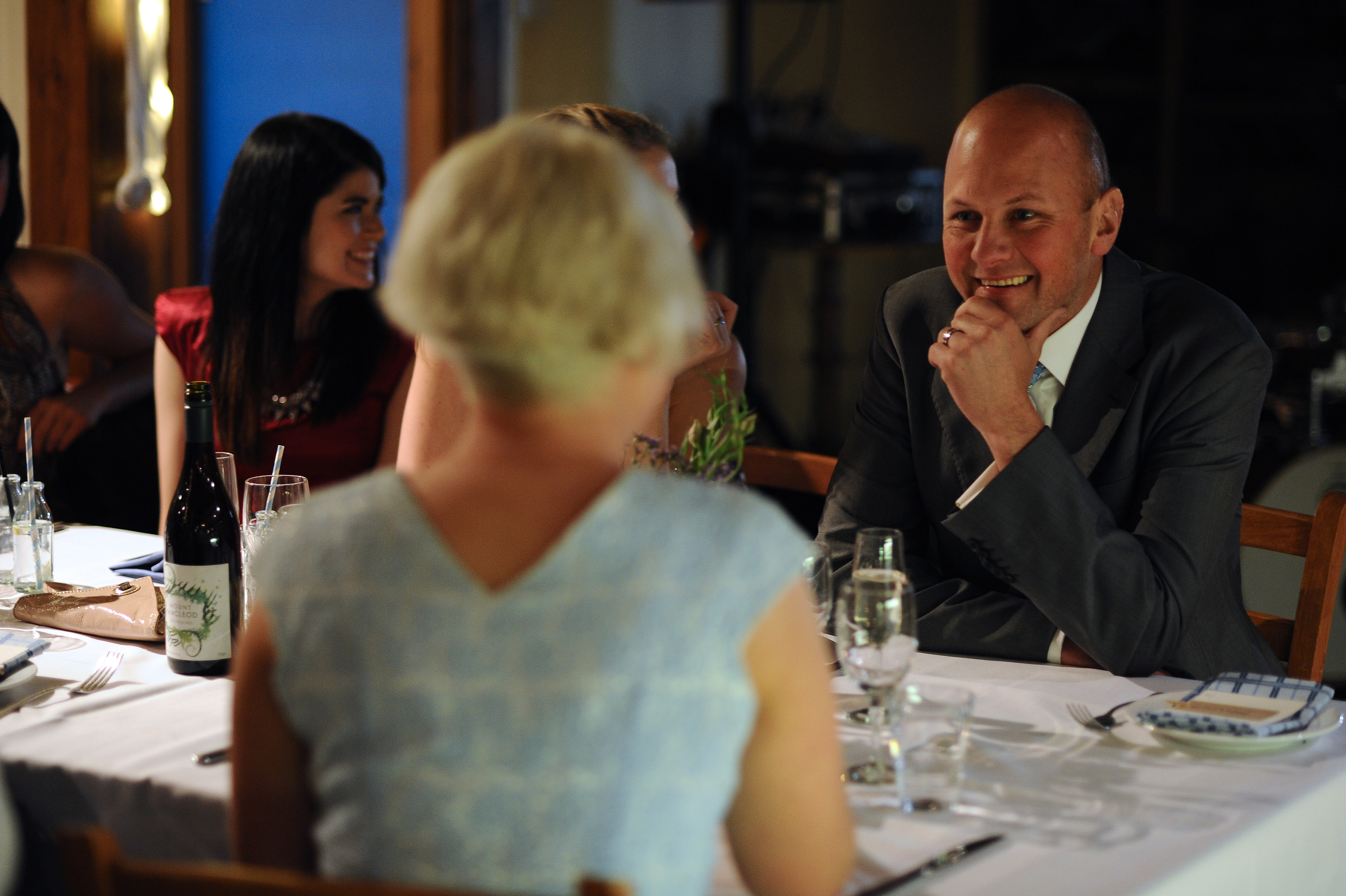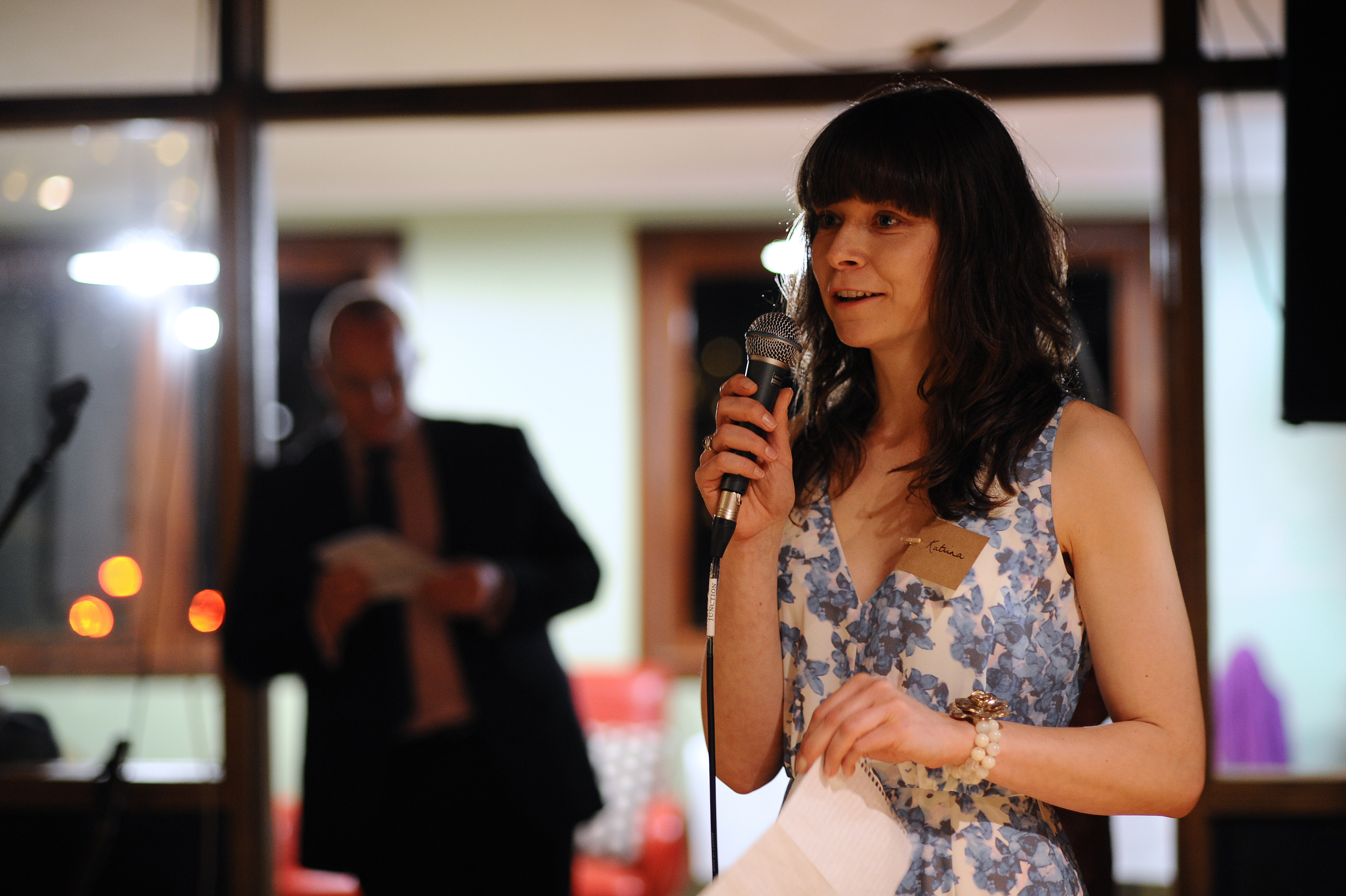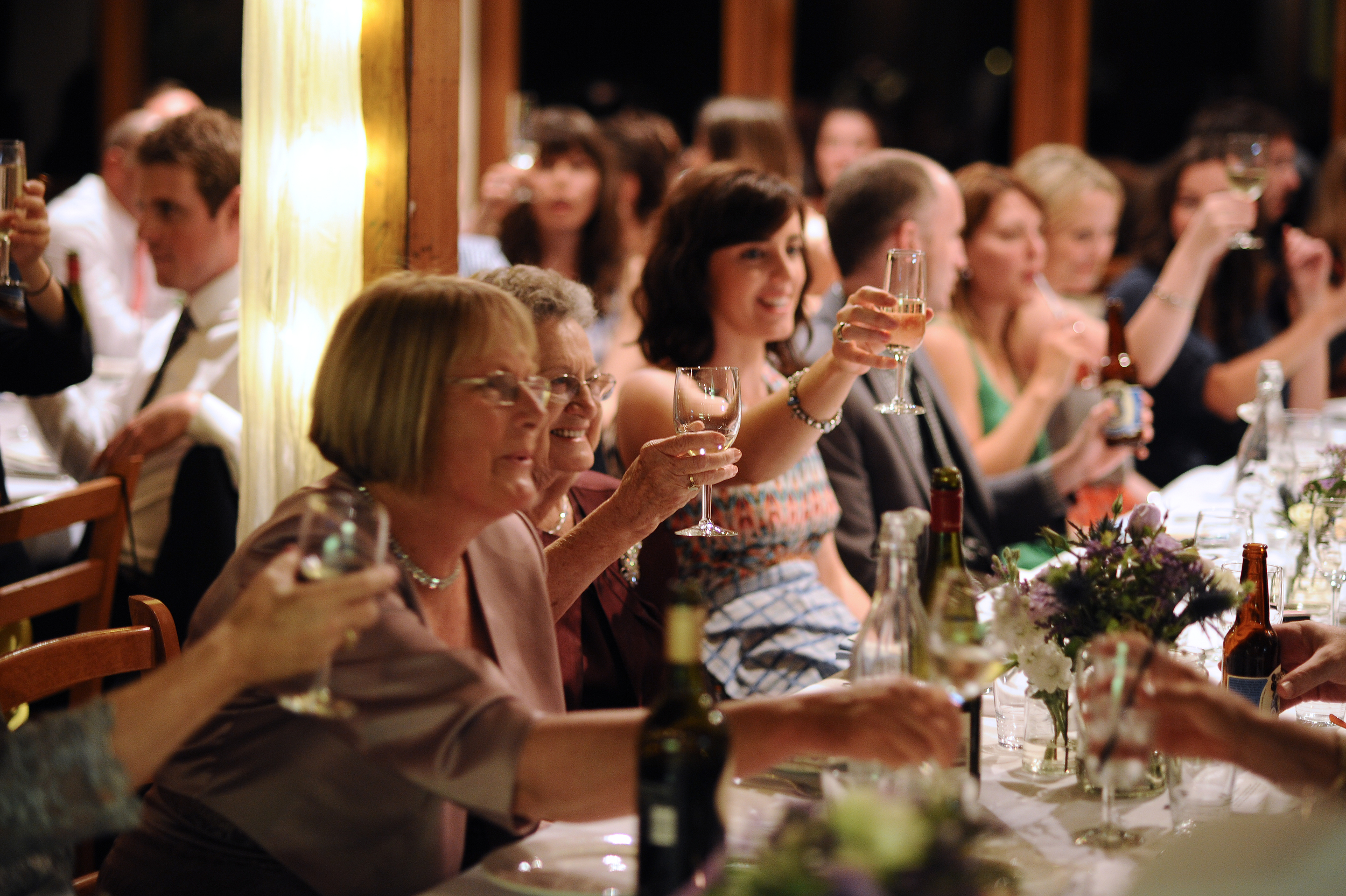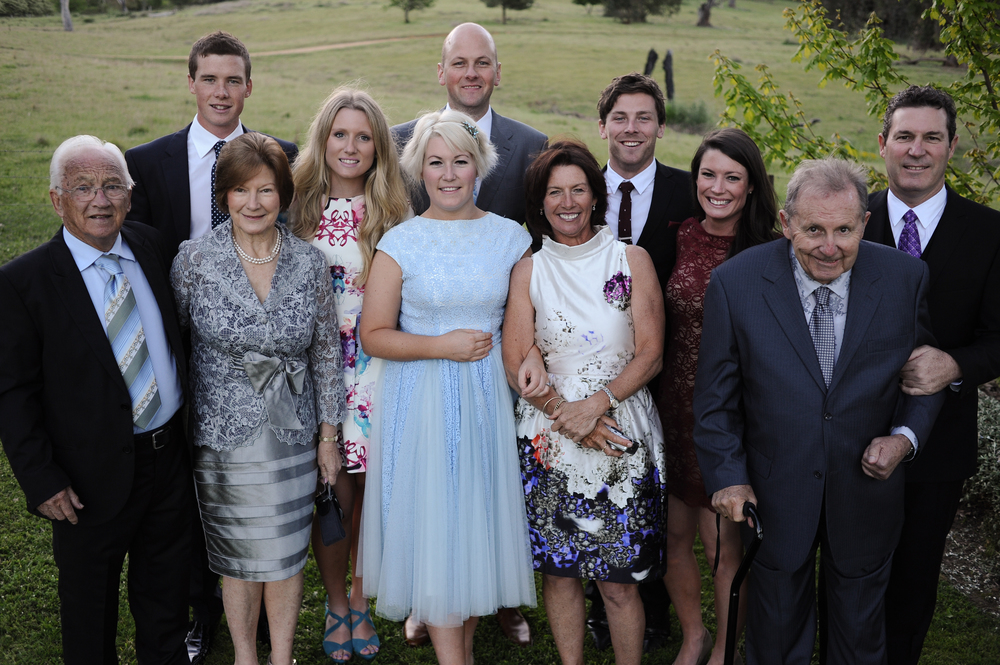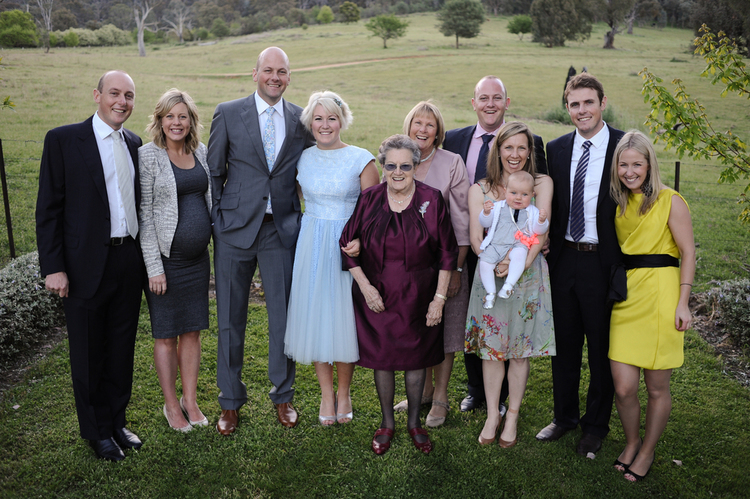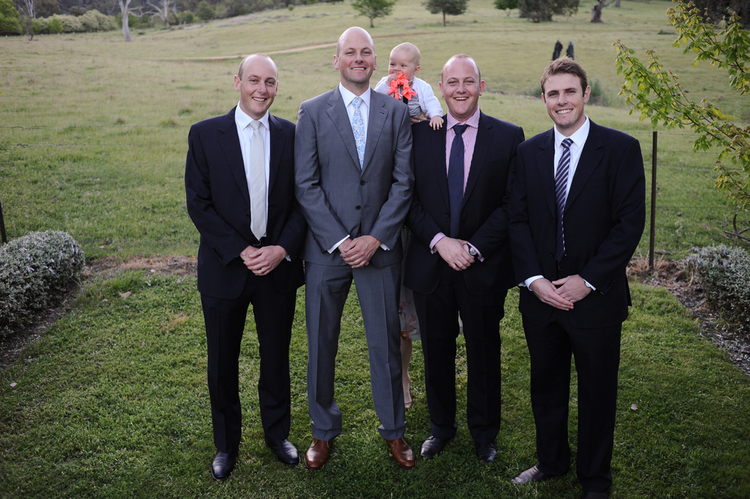There are a few things that Jill highlights that I think deserve further interrogation, and at the risk of sounding slightly preachy, I'm going to note a few of them here. Stay with me.
- Australian identity - alcohol is so bound up with the way we relate to ourselves as Australians. There is not a national celebration (or commiseration) that doesn't involve drinking. ANZAC day - a day steeped in history, and a central part of the narrative of Australian identity - is the biggest drinking day on the calendar.
- This is deliberate - alcohol companies know that this is powerful, and they intentionally market their product in a way that creates strong connections between sport, celebration, history, youth, beach culture, summer - all the things we know and love about our country. There's a huge amount of money at stake, and they're not silly. (Another side note: I can't help but observe that something similar is happening with gambling, but that's a subject for another time.)
- Costs - the costs of drinking have never been lower, but the broader social and economics costs of alcohol have never been higher. There are huge links between public health costs and drinking, breast cancer and drinking, violence and drinking - and we're picking up the tab. Anyone who gets the basic principles of supply and demand understands that tax and market mechanisms are actually incentivising the behaviour we want to discourage.
- Drinks companies encouraging binge drinking in young people - alcopops are designed to taste like soft drink, not alcohol. They're meant to be drunk a lot, and fast. The debate around taxing these kinds of drinks has been going on a while now, but the broader implications around starting kids on booze young tend to be ignored. Alcopops aren't the only problem. Young people are being taught that you're antisocial unless you have a drink in your hand. It is insidious and it is everywhere.
- Alcohol and friends go hand in hand - young people are taught to use alcohol to deal with confidence issues and unfamiliar social situations. Uninhibited social behaviour is becoming normalised. Alcohol is no longer just something to enjoy, but is now something to need, particularly in a social situation.
I'm not going to go into more depth on these, because Jill does this so well in her book, and because even after 12 months of clearheadedness I still don't have my head around all the complexities of this picture. But even at a glance, it seems to me like the issues surrounding alcohol are being intentionally avoided by a whole lot of people. And you can kind of understand why. It is an uncomfortable conversation to have over a drink...
On the bandwagon
Jill and I aren't the only ones giving up the booze. Pip Lincolne from Meet Me At Mikes wrote about her time off booze in a blog post titled "The Cool Thing I Did This Year". In the gentle, humourous way only she can, Pip lays out her reasons for her time off the drink and a few reflections, beautifully articulating a few things that really resonated with me. Seriously, read her post.
Wendy Squires wrote a piece in yesterday's Age entitled "Is getting smashed the new definition of socialising?" outlining her experiences this festive season, and why she's taking a break. She paints a startling picture of excess in inner city Melbourne, and asks "Is this really what a fun night out has become? If so, I'm staying in and staying sober because it not only disgusted me, it left me feeling depressed." And I feel a bit the same - is this the only way we know how to socialise? Is this what we call fun these days? Is it really so impossible for anyone to have a great time with friends without booze? I just think that's really sad. Like, sad in my heart kind of sad.
But maybe I'm the only one. I was shocked at the number of people I know who really struggled with the idea of me being sober for a whole year. "But what do you do if you have a wedding on?" "Well, I go to the wedding, and I don't drink." "But what if a heap of your friends were coming from overseas?" "Then I'd go to the wedding and not drink." "Did you drink while you were in Africa?" "No, the same rules still apply if you're in a different country." I'm kind of stunned at the number of people who really can not get their heads around being in these kinds of situations without alcohol. And this is not intended to be a judgement on them, but an observation of just how intrinsically linked these kinds of cultural landmarks are to booze. It kind of blew my mind.
Another uncomfortable (but important) element of my 12 months off was how uneasy my non-drinking made a lot of people around me. One of my key motivations for committing to the 12 months off was to see if it would prompt others around me to examine their own behaviour. I'm not sure if it worked, but I can't tell you how many people felt the need to justify their own drinking behaviours to me when they realised I was not drinking. Just as Jill, Marieke and Paul discuss above, I was very aware of people feeling like they were being judged for drinking, or for drinking to excess. As a seasoned non-drinker, I'm pretty ok with being the only person not drinking at social events, but I still got entirely sick of having to explain and justify myself. And after a while I just stopped trying to tell people that it isn't me who needs to be ok with their drinking habits. Ultimately, I'm not the one they're impacting on.
So... How do you feel?
Most people asked me if I felt amazingly fresh, healthy and young without booze. And mostly I felt good, much like I usually feel. It kind of helped that I'm not really meant to drink what with all my crazy hormones. I've only suffered one single solitary hangover in all my 28 years, and that was enough. I honestly can't understand why you would voluntarily make a habit of waking up feeling shitty, no matter how much hazy fun was had the night before. But it really wasn't about the physical stuff, and the longer it went on, the more evident this became.
This 12 months wasn't a purely rational, intellectual experiment for me, even if it started off that way - it was a bit of an emotional experiment too. I was vaguely aware of the way I'd used alcohol as a bit of a crutch in the past. But knowing this doesn't eliminate it, and I was surprised at how many moments of discomfort I encountered throughout the year. The first one was when I found myself stone-cold sober on the dance floor at a friend's wedding. Self-conscious thanks to recent weight gain and a rushed outfit decision, I didn't last long up there, preferring to sit alone at the table rather than to move awkwardly among the crowd of unfamiliar faces, even despite knowing that almost everyone dancing had drunk enough not to notice me, and even if they did, would hardly care anyway. This was the first time in a long time that I can recall feeling so self-conscious, and the first time ever that I haven't been able to nix those feelings with a few shots of liquid courage.
And there were other times like this too. At my 10 year high school reunion, when I really would have liked something to soften the vague unfamiliarity that comes with seeing the people you grew up with for the first time in a decade. At an event with my husband's ex-girlfriend and her friends who not-so-secretly don't like me. At fashion week events with a crowd that loves to judge and be judged. At the MCG on election night with a bunch of people who care more about the outcome of a football game than about who would be running our country.
So you know how I felt? Uncomfortable. Sometimes self-conscious, sometimes upset. But you know what, this doesn't last long. Those moments pass. And if they don't, it probably means there's something there that needs to be looked at purposefully and consciously. Dulling that sensation sure isn't going to help.
So... What did you learn?
Taking a page from Pip's book, I thought I'd list a few reflections too, in case you're curious:
- I'm a chronic over-thinker, and hence I'm super aware of the impact that alcohol has on our community. It is pretty hard to avoid it, and like Pip, I feel guilty about it. Yes, really. I feel better knowing I'm not contributing to this.
- Drinking reinforces a whole heap of associated behaviours that I really don't like, as Wendy alludes to in her article. Thanks to some reflection this year, I realise now that in the past when I was drinking, I put myself in situations I wouldn't like other young women to find themselves in, but I know they're all too common. I think drinking and the associated state of reckless abandon is particularly problematic for young girls who consequently behave a certain way with men, and other women. And it is an issue for young men who are taught to relate to women and their mates in a certain way. This is certainly not just down to alcohol - there's a whole other objectification and sexualisation of women piece to be explore here - but I really believe it plays a significant part.
- Throughout the whole of 2013 there were only a handful of times when I wanted to drink and cursed my sobriety. But they were there. There were moments when I really wanted to taste an amazing cocktail, or when I would have really liked a cold beer, or when a wine with my husband would have been wonderful. I went to more than one wine tasting when I didn't actually taste the wine - and people did think me a little strange for sniffing other people's wine. I really don't feel as though I've missed out on anything major, but I do think there is a place for alcohol when it is used for pleasure.
- Given I'm recently married, have recently gained weight, and am also not drinking, there were far too many times when people assumed I wasn't drinking because I was pregnant. I actually had to say "that's not what that is" to quite a few friends. It doesn't make you feel good. I'll probably write about this soon.
- I distinctly remember one night about five years ago as the first and only time I consciously used alcohol to avoid feelings I didn't want to deal with. I didn't quite realise though, that I've been doing exactly the same thing unconsciously since I was old enough to drink. Not much, but now I feel that doing this at all is too much.
- This year has helped me reaffirm what I care about, the people I want in my life, and the things I want to invest my time and energy in. I feel free to really embrace and own the things I'm passionate about, and not feel the need to apologise for my choices, just like I did with my sobriety. It is really nice to feel empowered to do exactly what you want to do for no other reason than because you want to, rather than doing what you think you should do because everybody else is.
- I want to bond over bigger and better things than booze. I want to talk about things that are really important, that really define me, and that really define us as human beings. I want to be able to be myself, my real self, not my boozy, woozy self. I just feel there's so much more to life than dulling your senses.
- This may sound touchy-feely, but I think alcohol really limits our capacity for meaningful emotional and sexual relationships, particularly in adolescence. If all our relationships and all our early sexual encounters are based on too many nights out and lots of liquid courage, then what do you think this means for the way we'll develop as emotional and sexual beings into adulthood? And I reckon there has to be a connection with alcohol and the extended adolescence phenomenon we're seeing in our generation. Just a guess.
- There were quite a few times when people agreed with me that their drinking and social expectations around drinking have gone too far, and remarked that it would be nice not to have to drink all the time. What I can't understand is why more people don't give it up, even for a while. Just do it! You don't need a FebFast charity or a reason to do something like this for yourself.
It has been really illuminating, even for someone who wasn't in the habit of drinking. I've been surprised by how much my not drinking has challenged other people. I think taking this time off (completely), has really allowed me to clarify my own attitude to booze - for pleasure, socialising, feeling, thinking - and to define my own sense of balance. For most of the year I've hardly missed it, and I thought for a while that I wouldn't ever drink again. But forever is a long time, and I'm quite looking forward to going on a wine tour in the south of France, or doing a whiskey tasting for the tasting and not the whiskey.
The biggest thing that I've taken away from this year is exactly what I took into it - I want to feel like I can really tackle things rather than gloss over them. As Pip says, "I want to live my life with the switch on, with my eyes open and my head clear." This is part of an ongoing theme for me that I suspect I'll explore more here in the coming months.
I guess when it comes down to it, just as Mr New York says below, alcohol is just one way to avoid things. And the problem isn't really that we do it, the problem is that it is so socially accepted, expected, even encouraged. In a lot of ways this experiment has created more questions than it has answered, but that's kind of the point.
Like this guy says:








